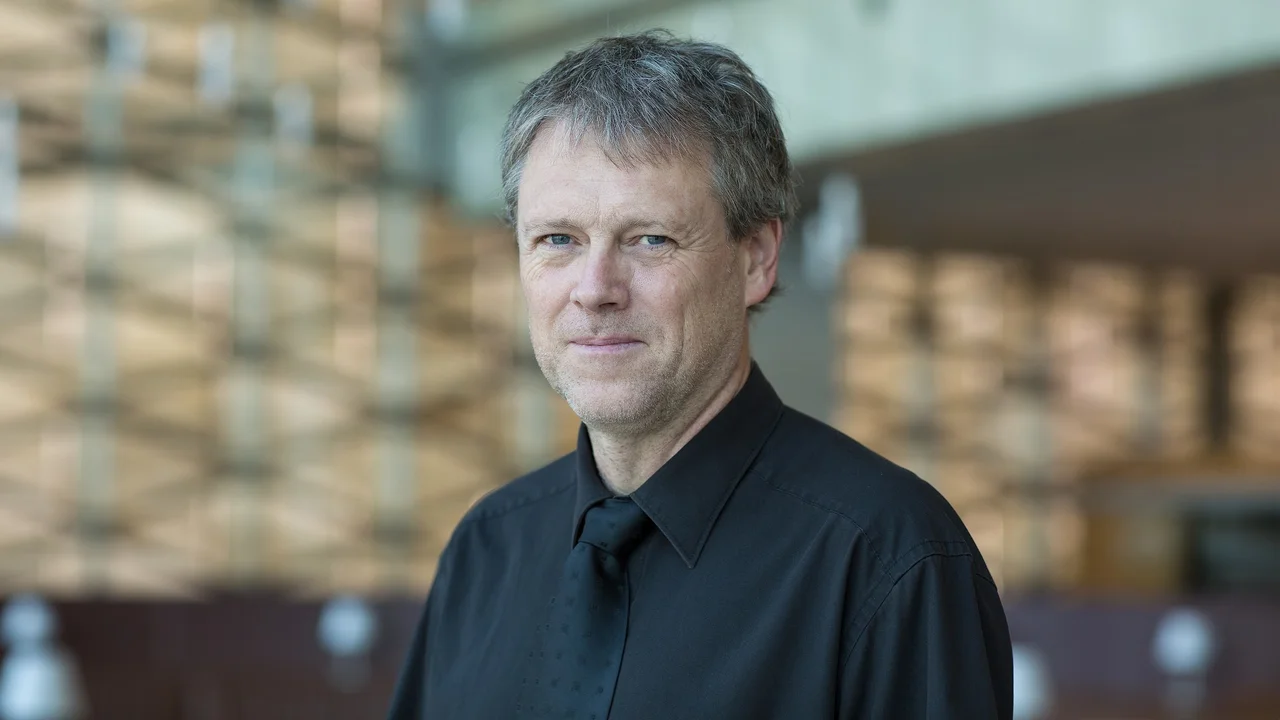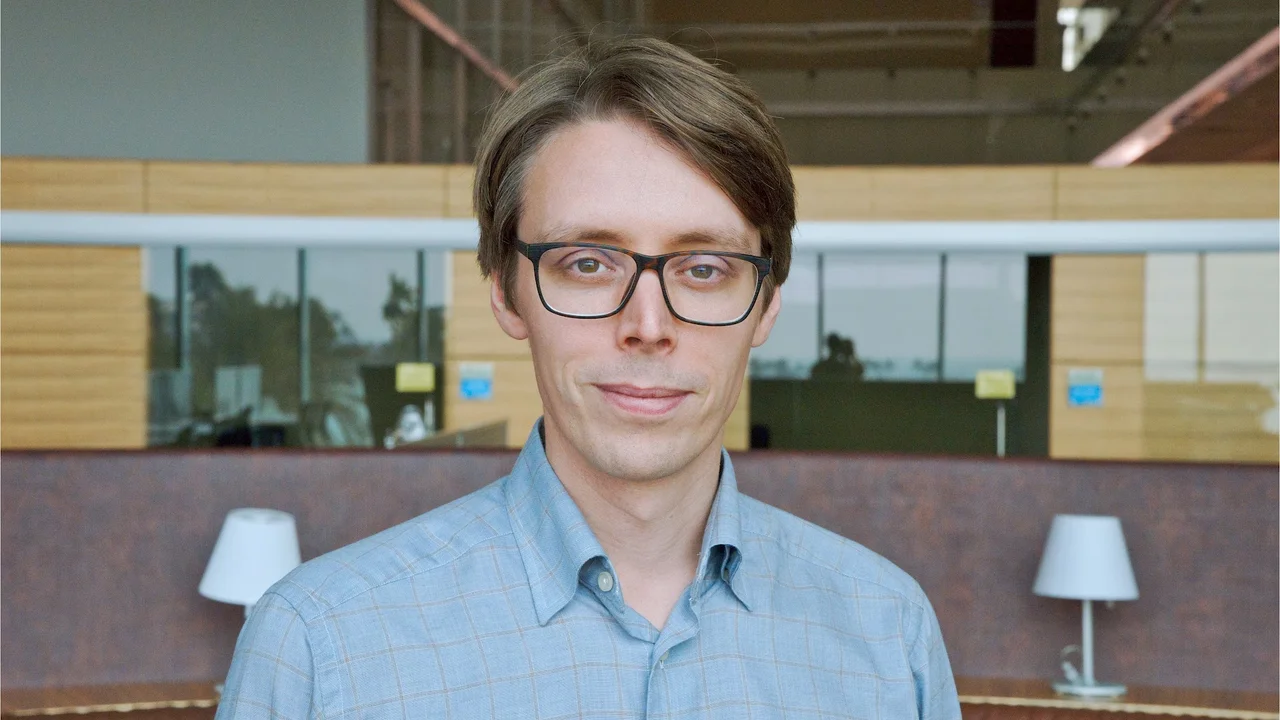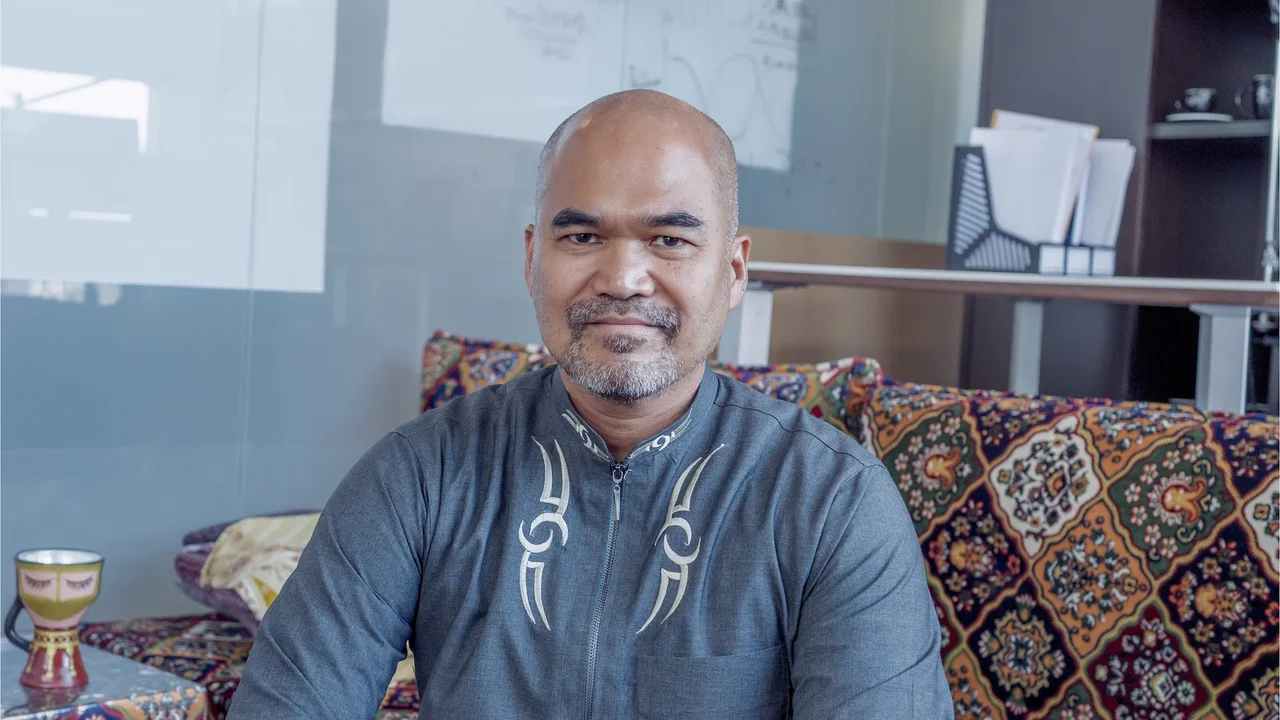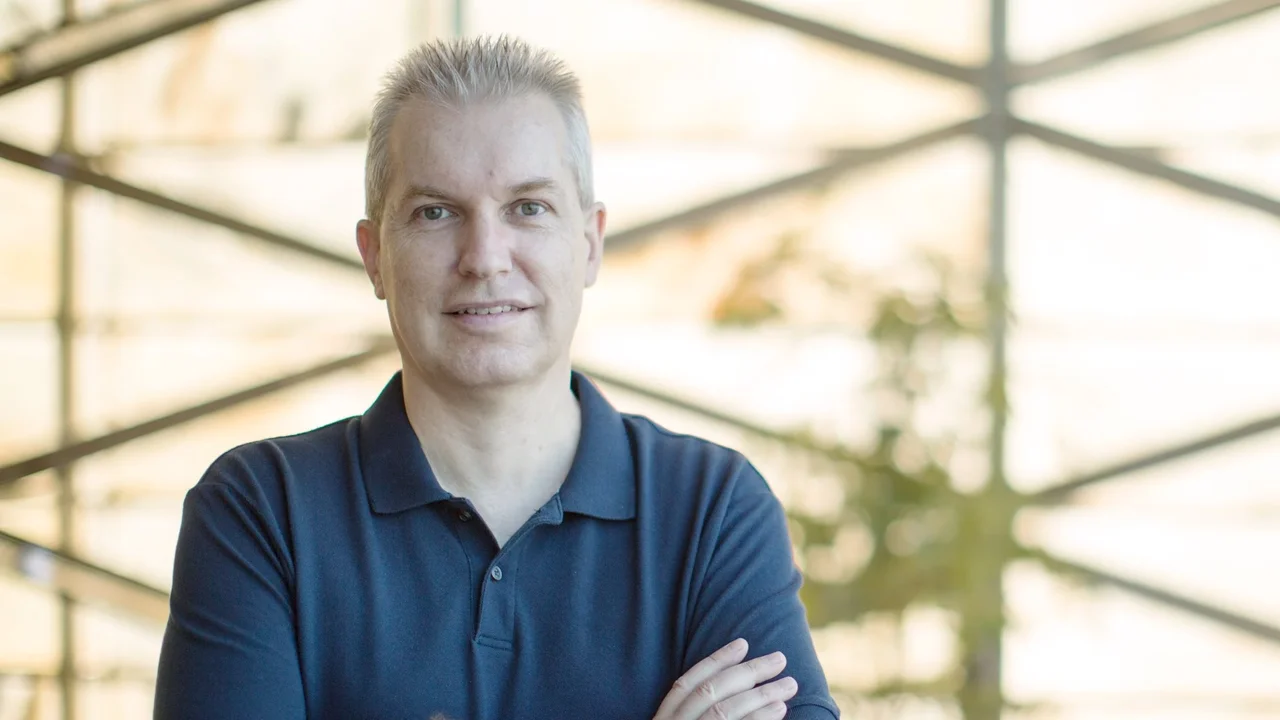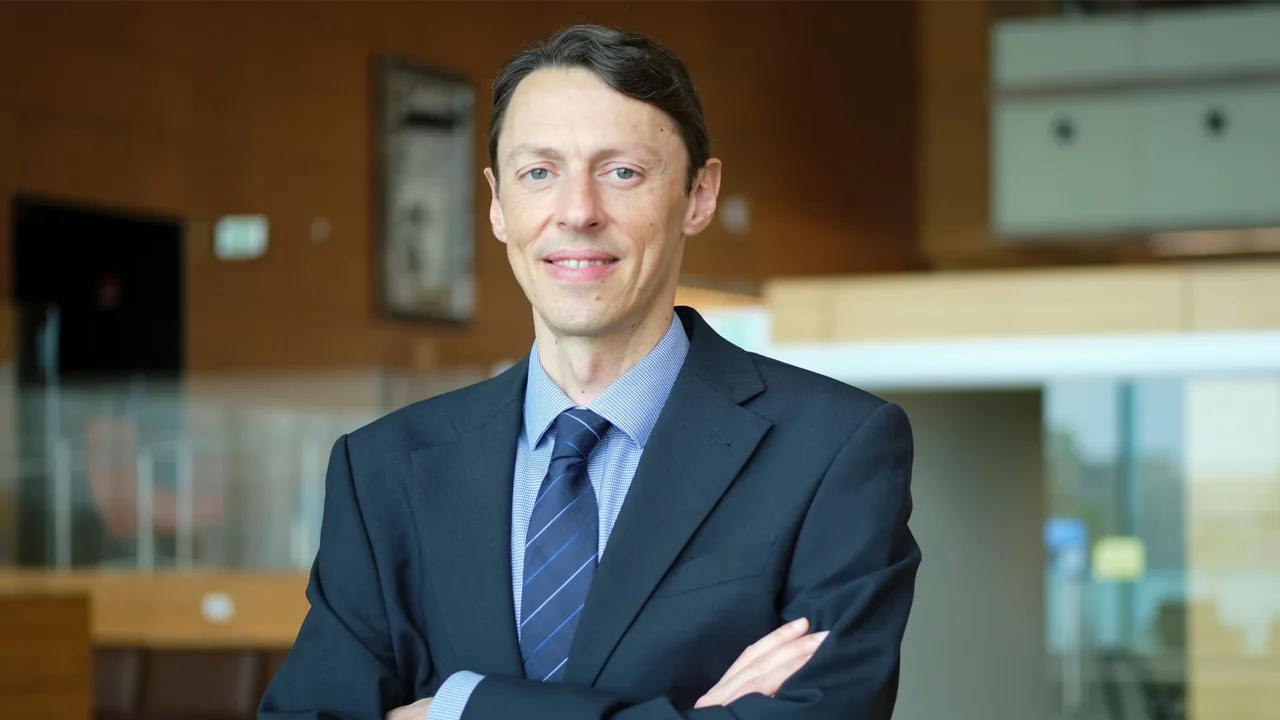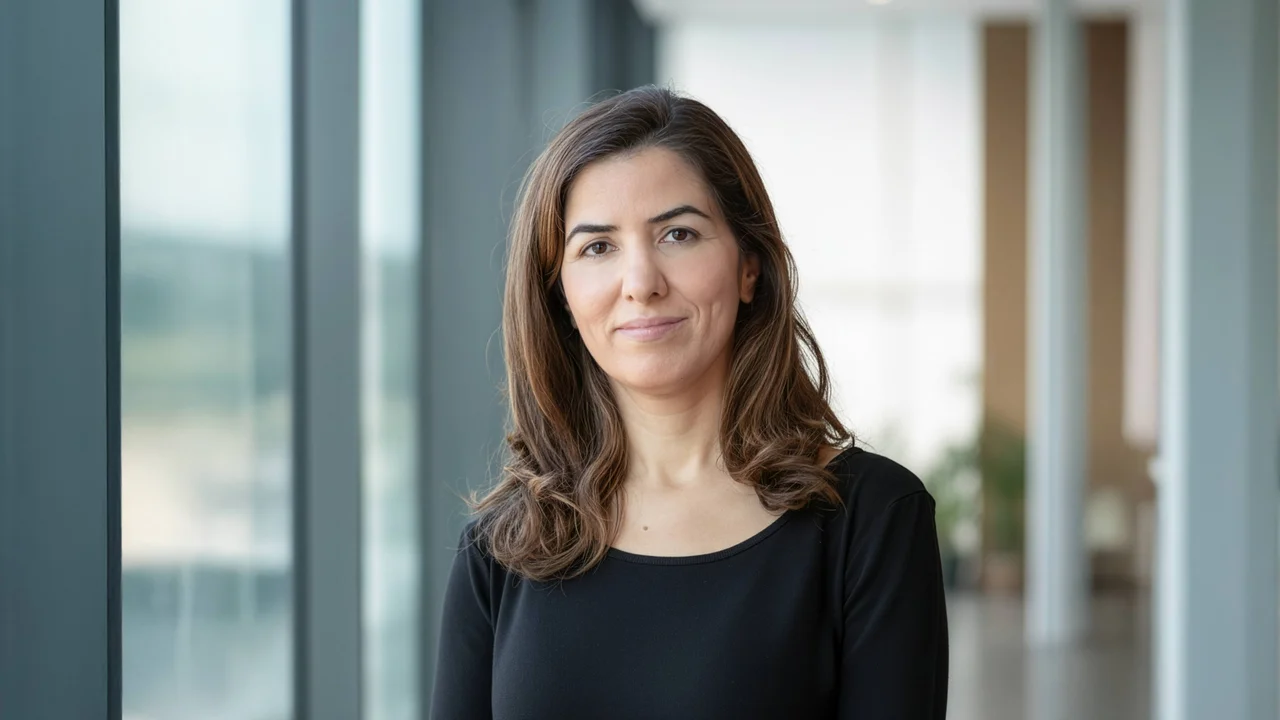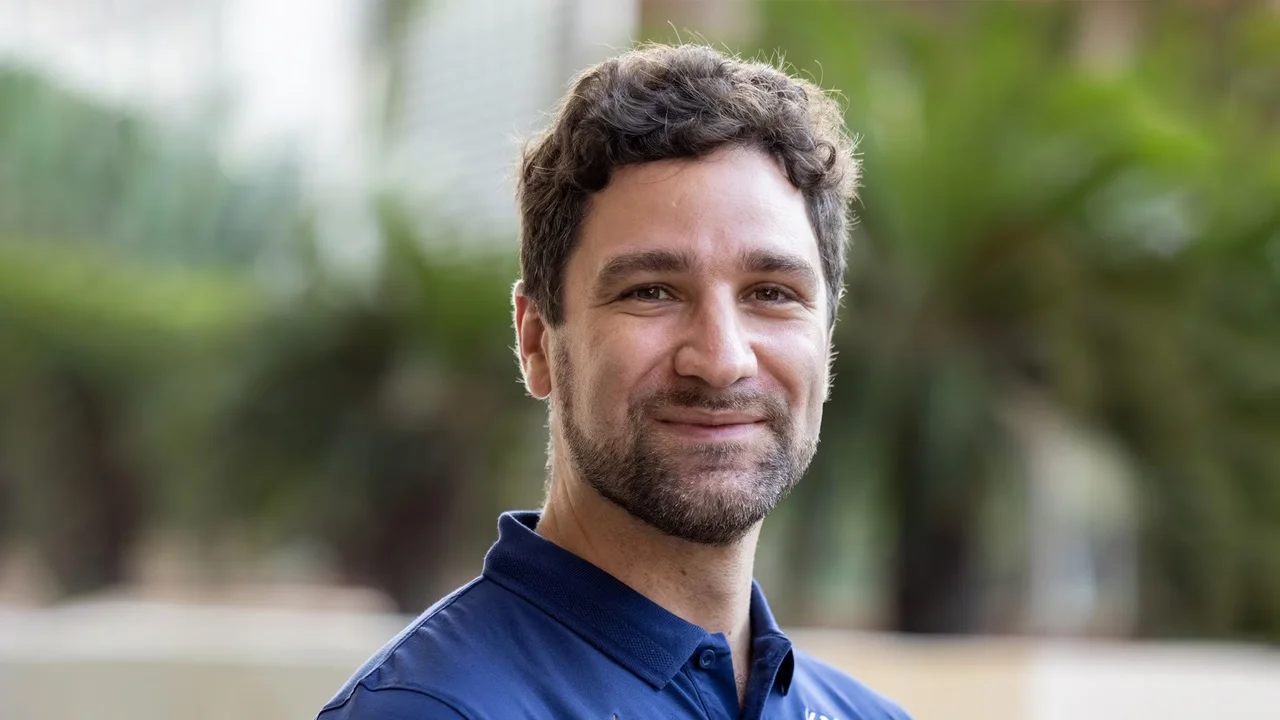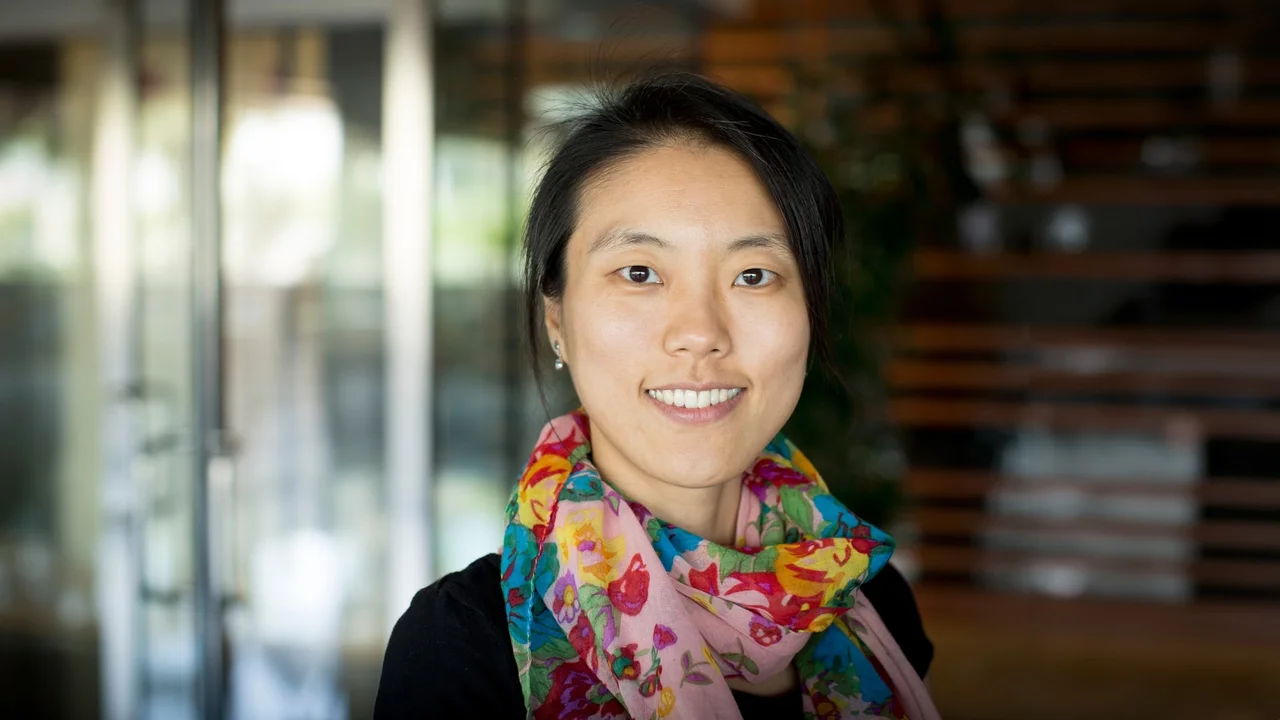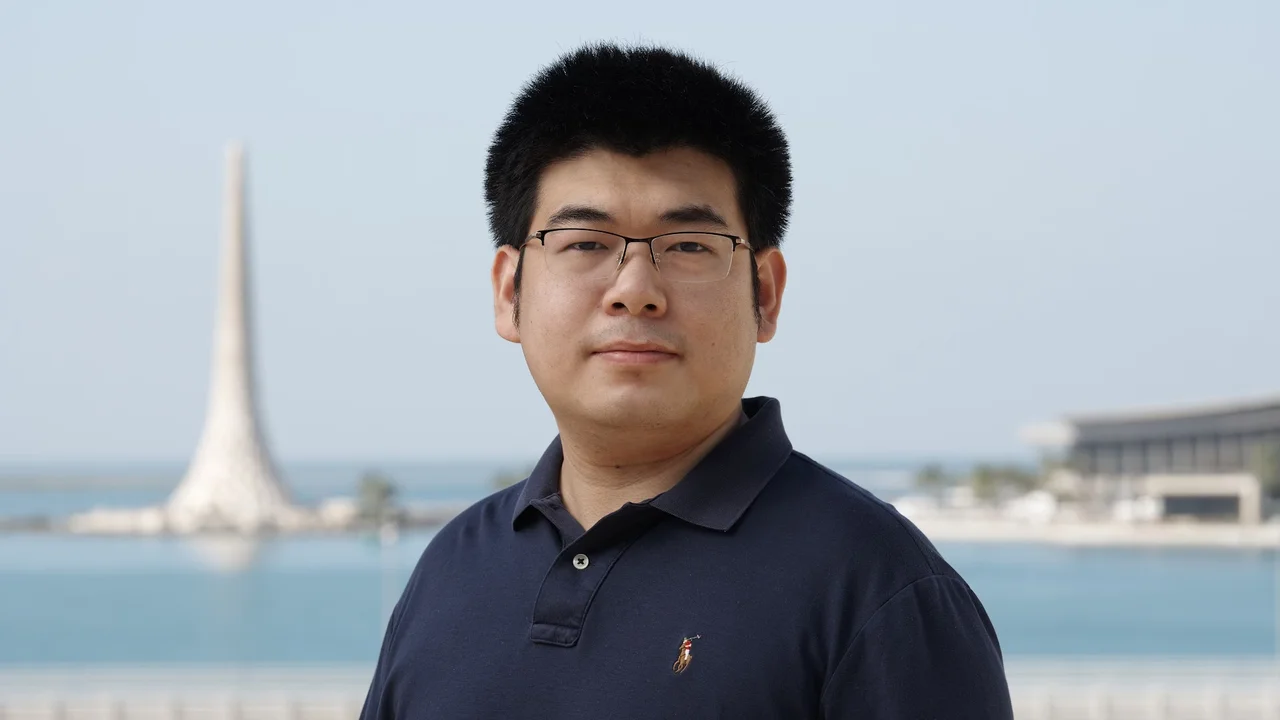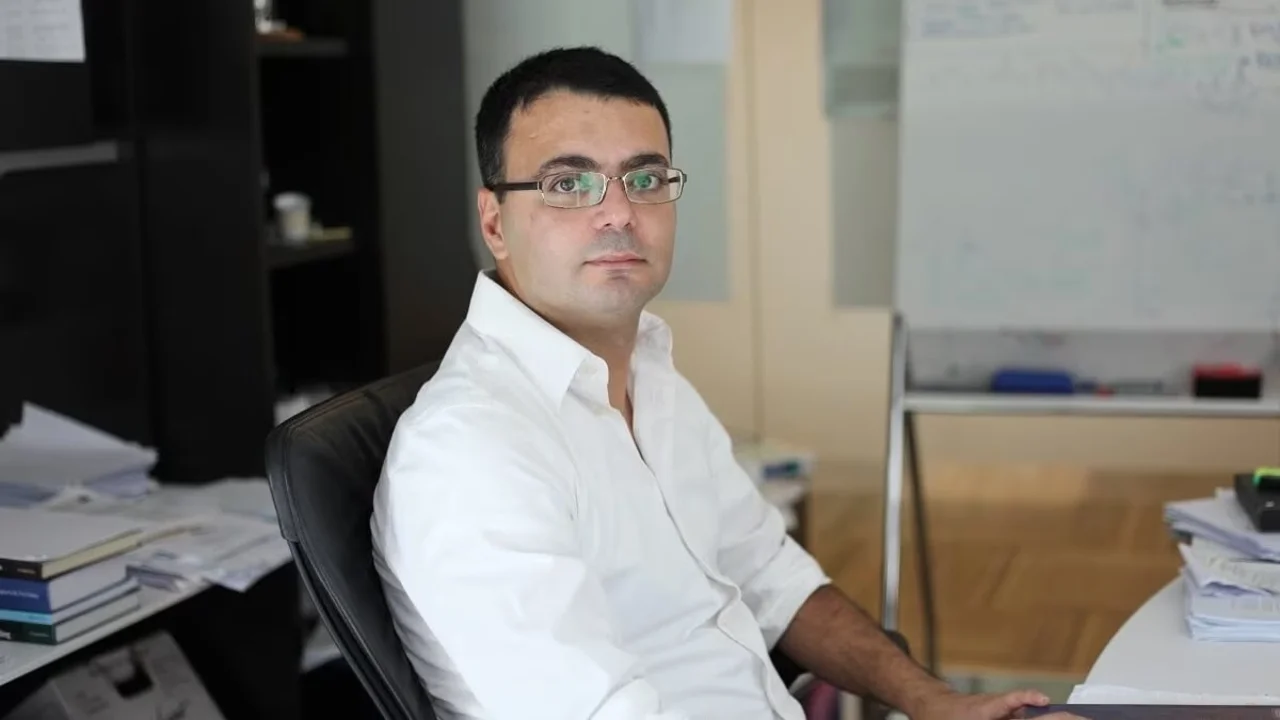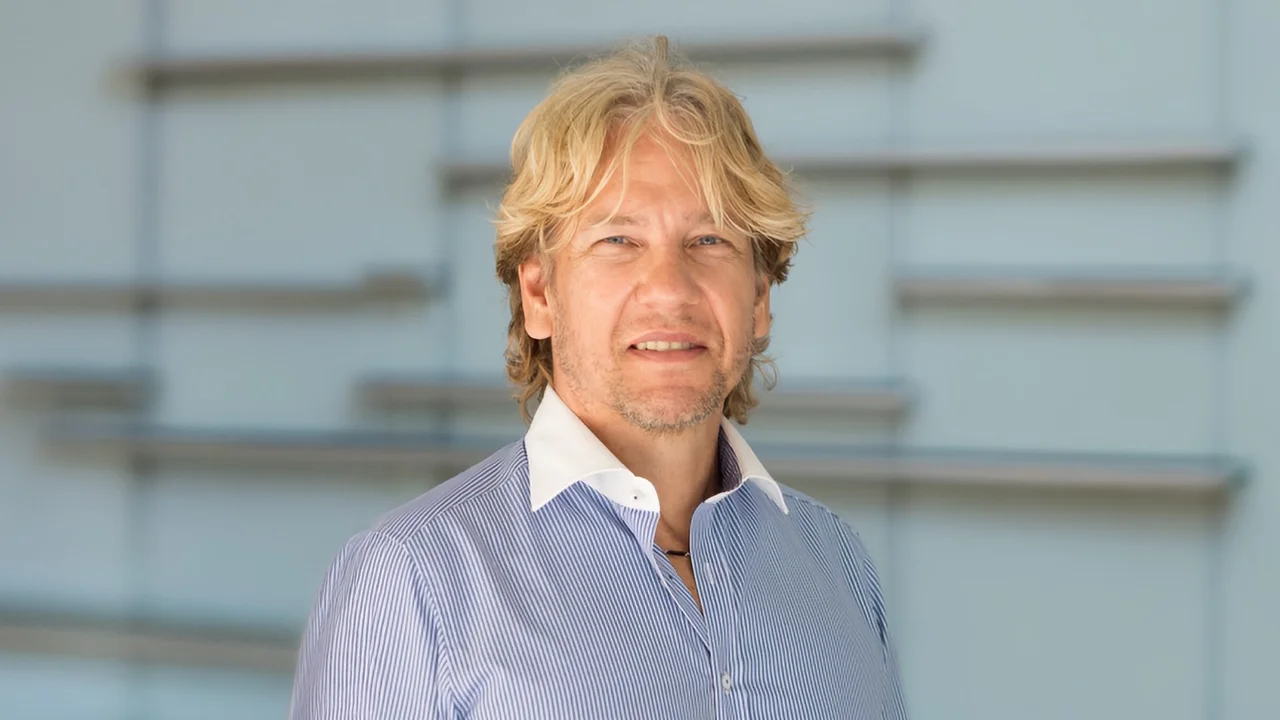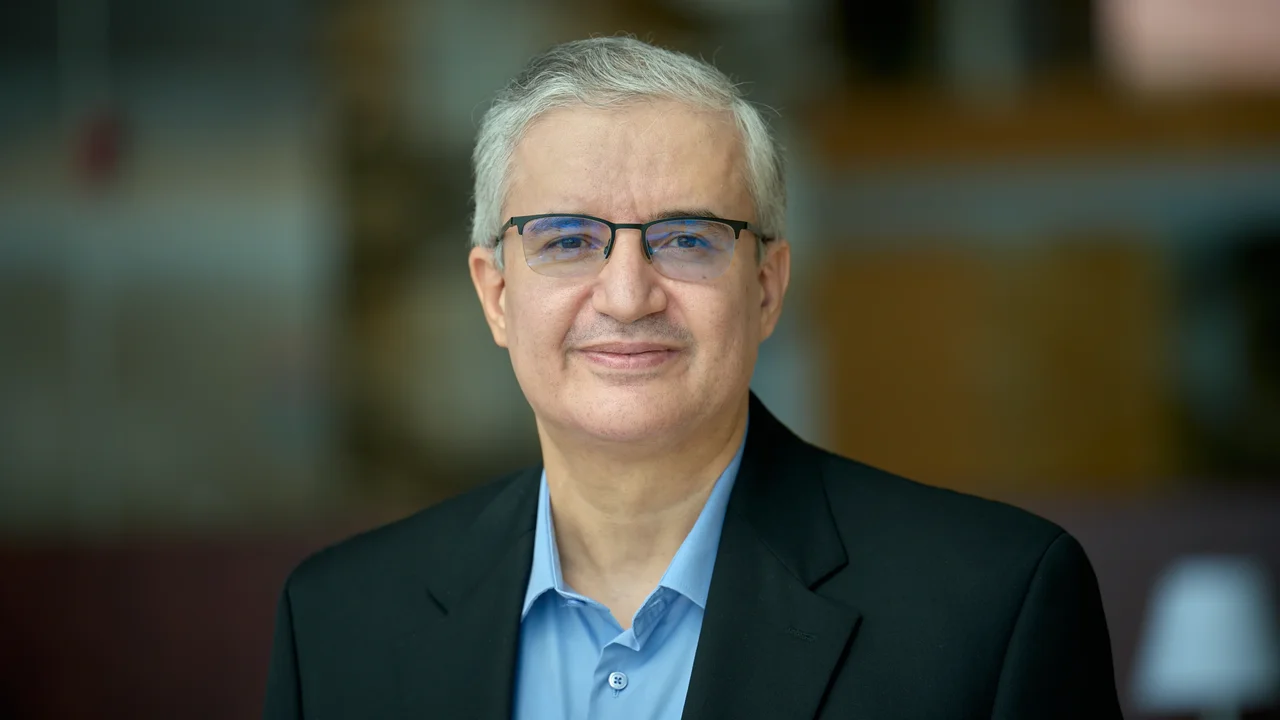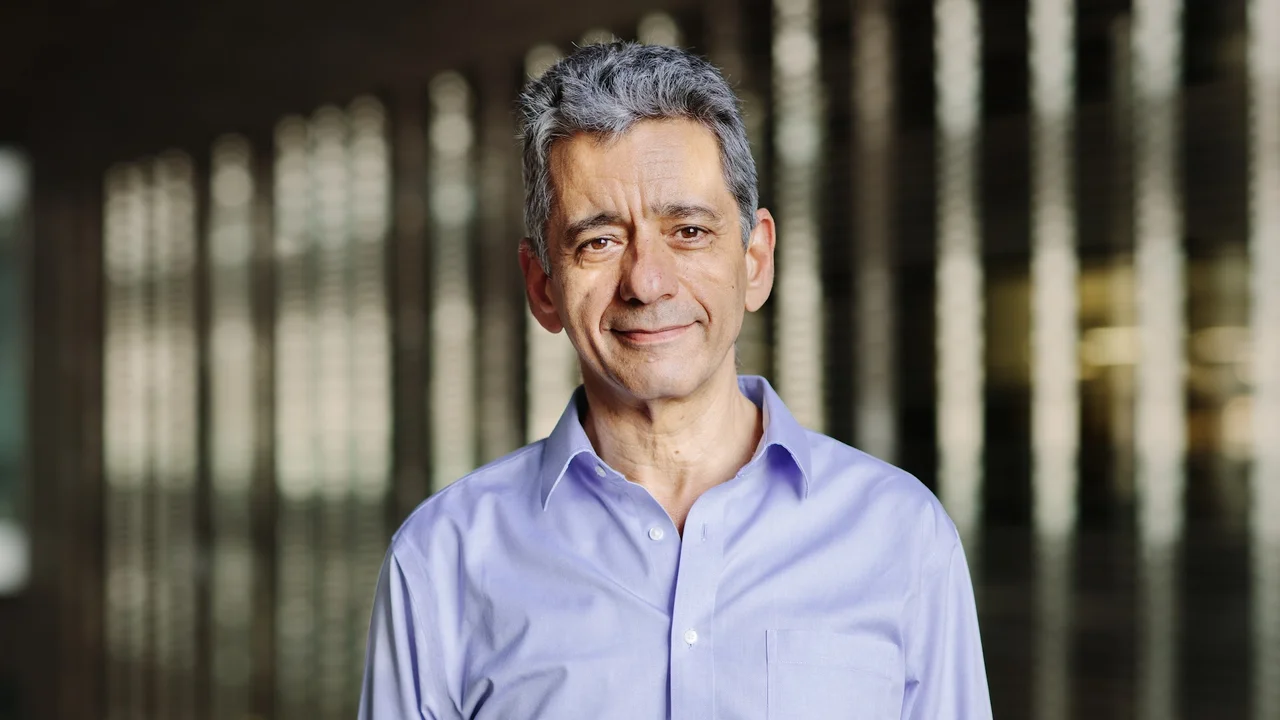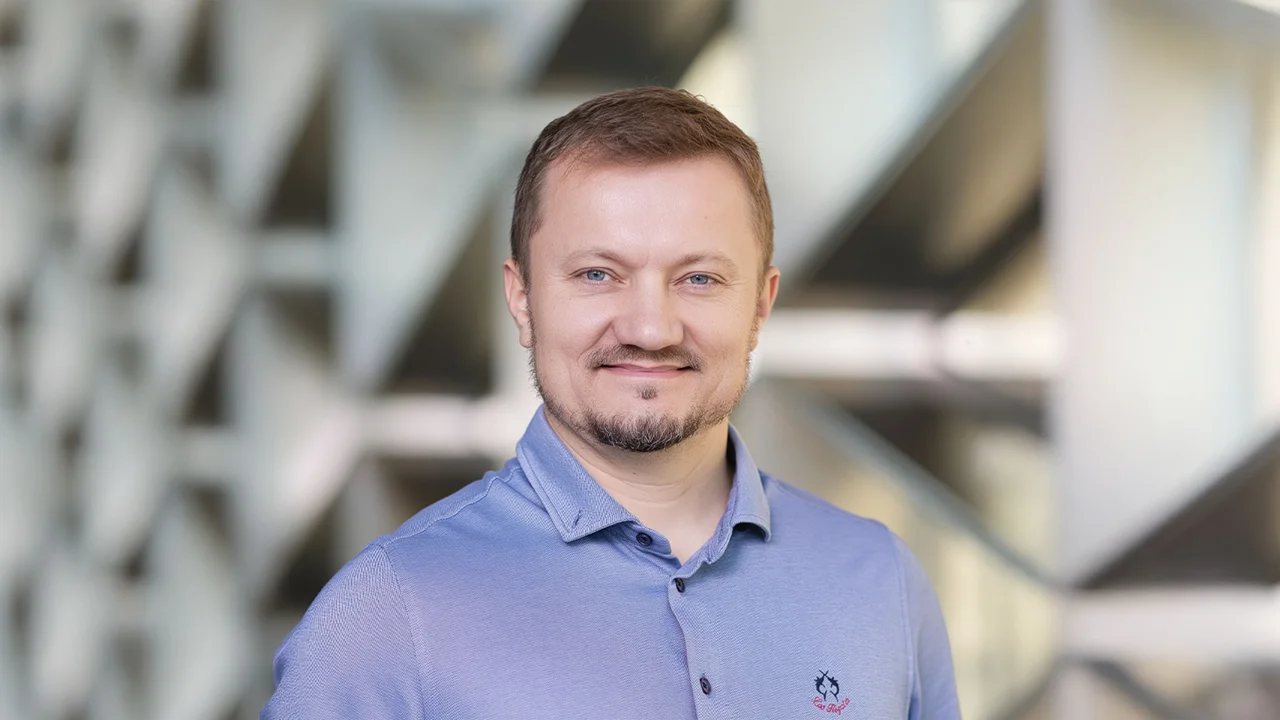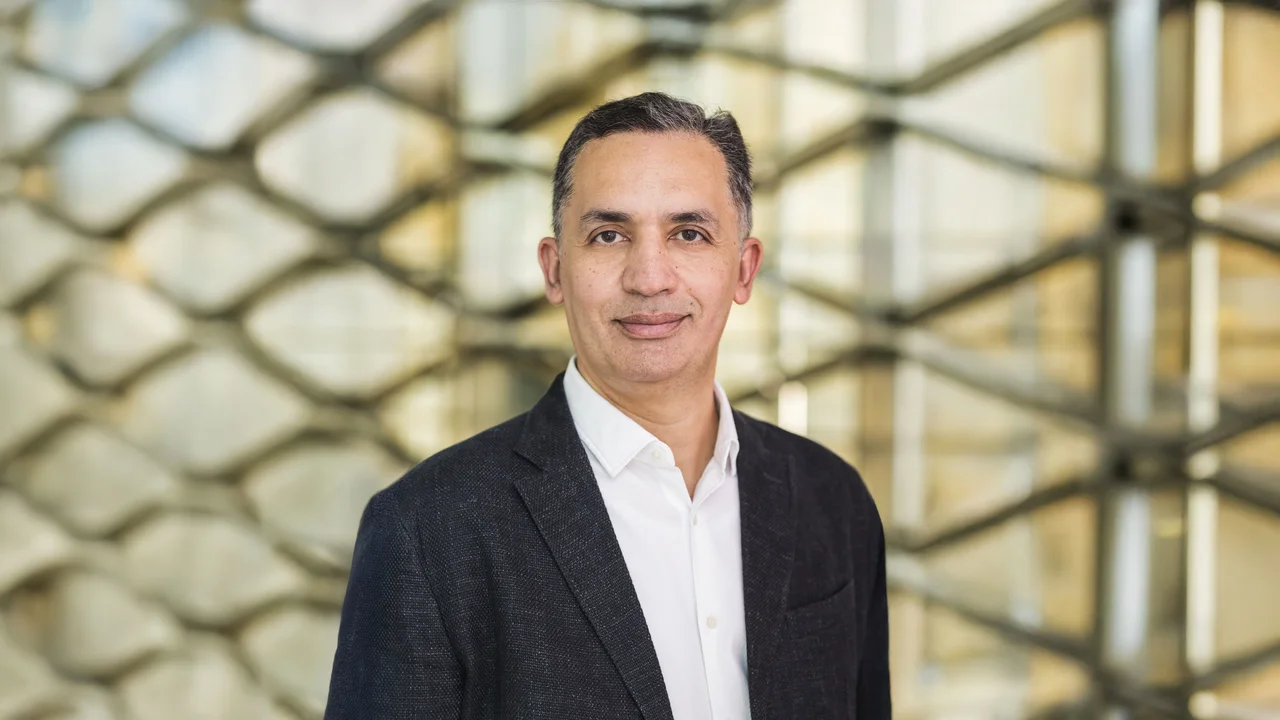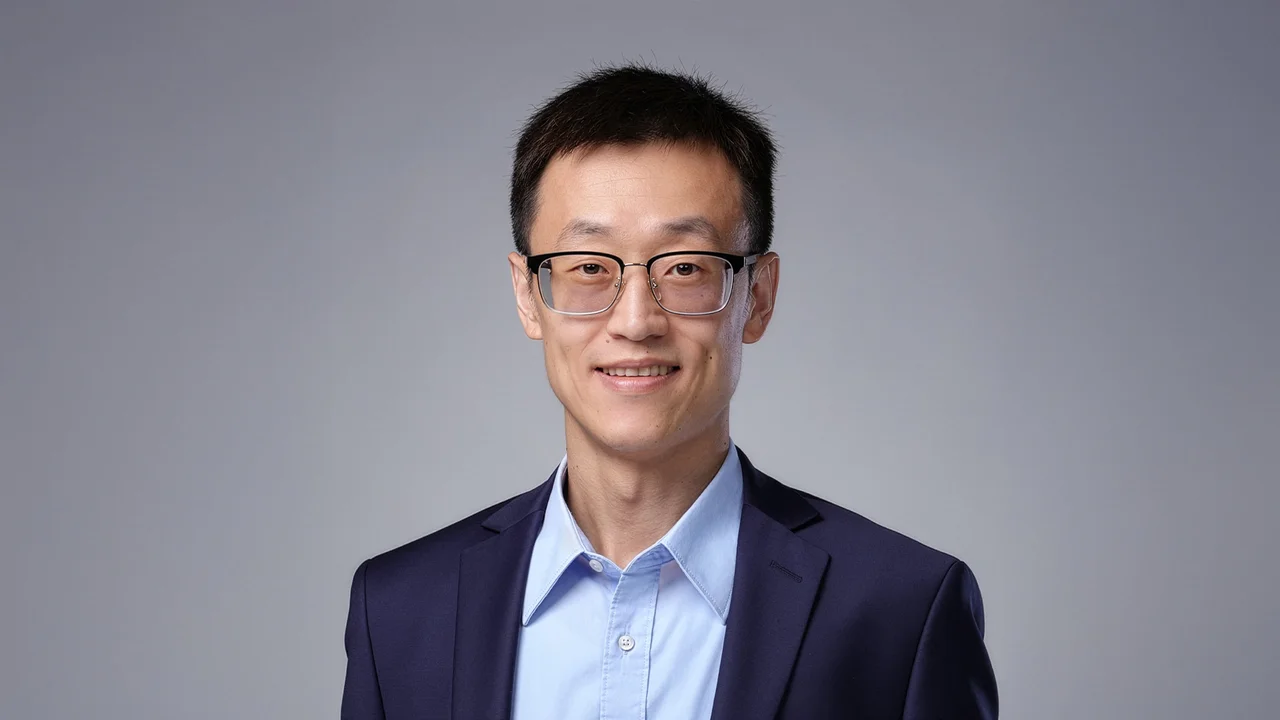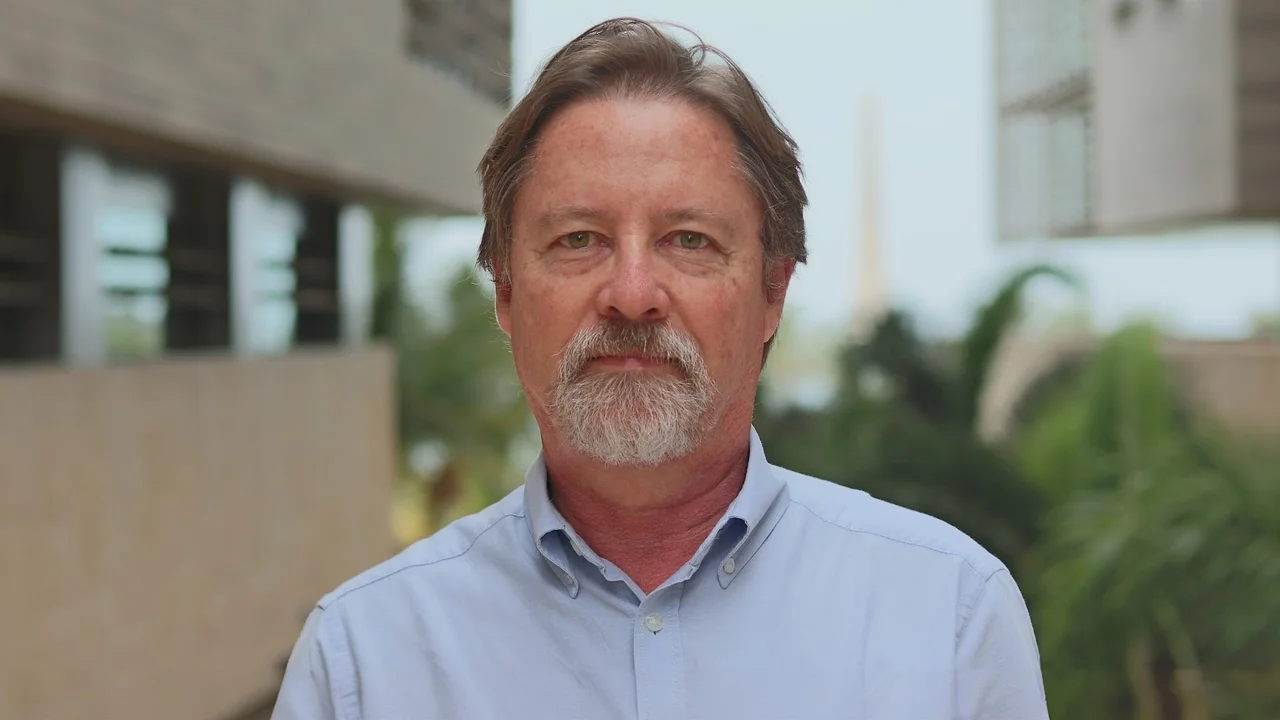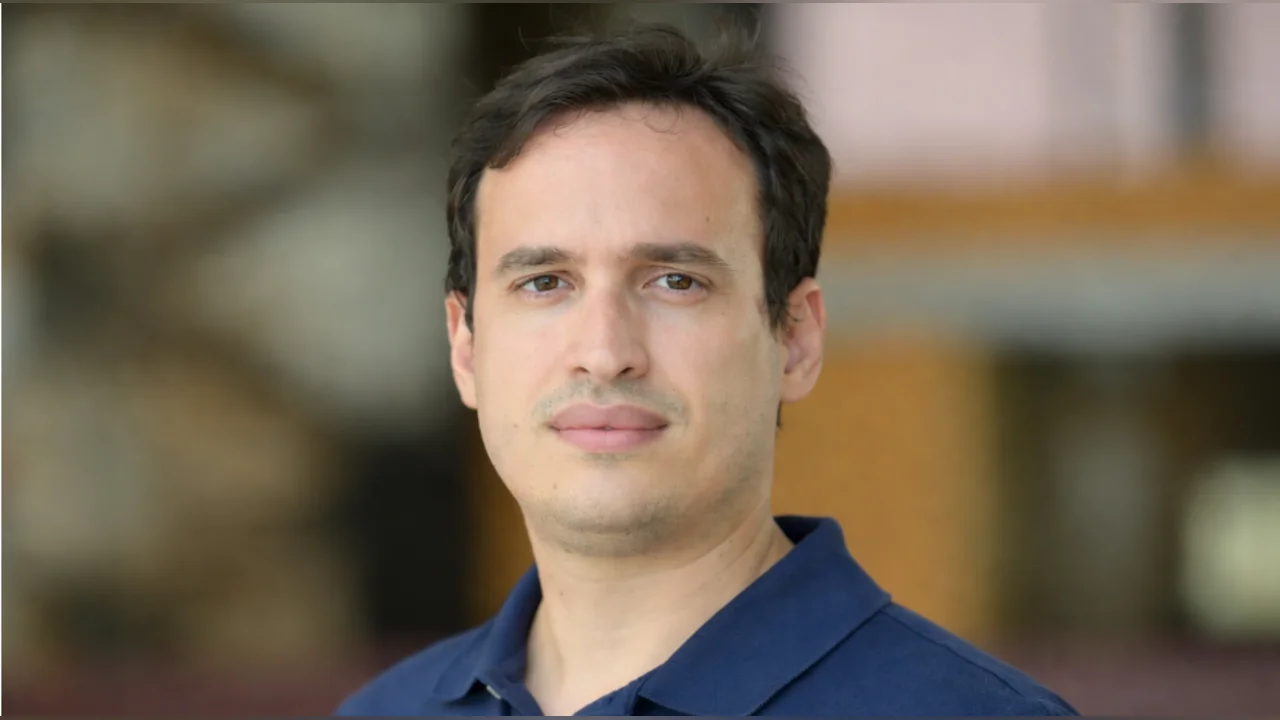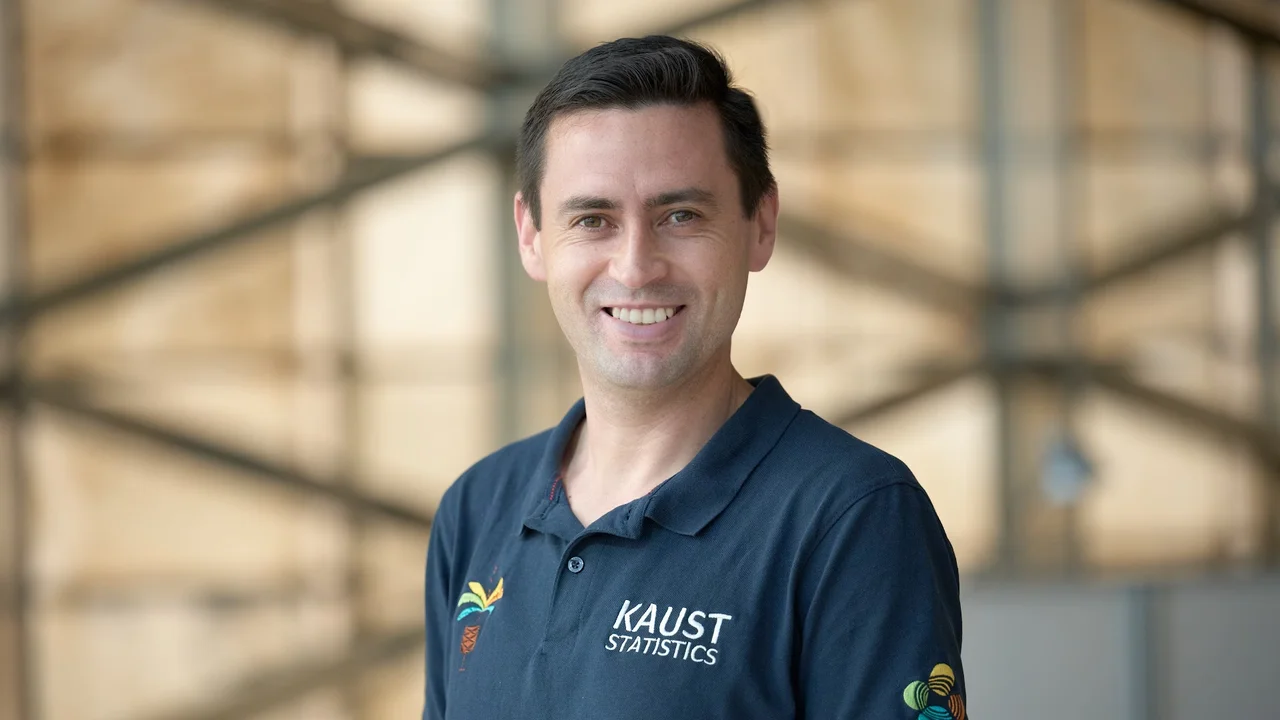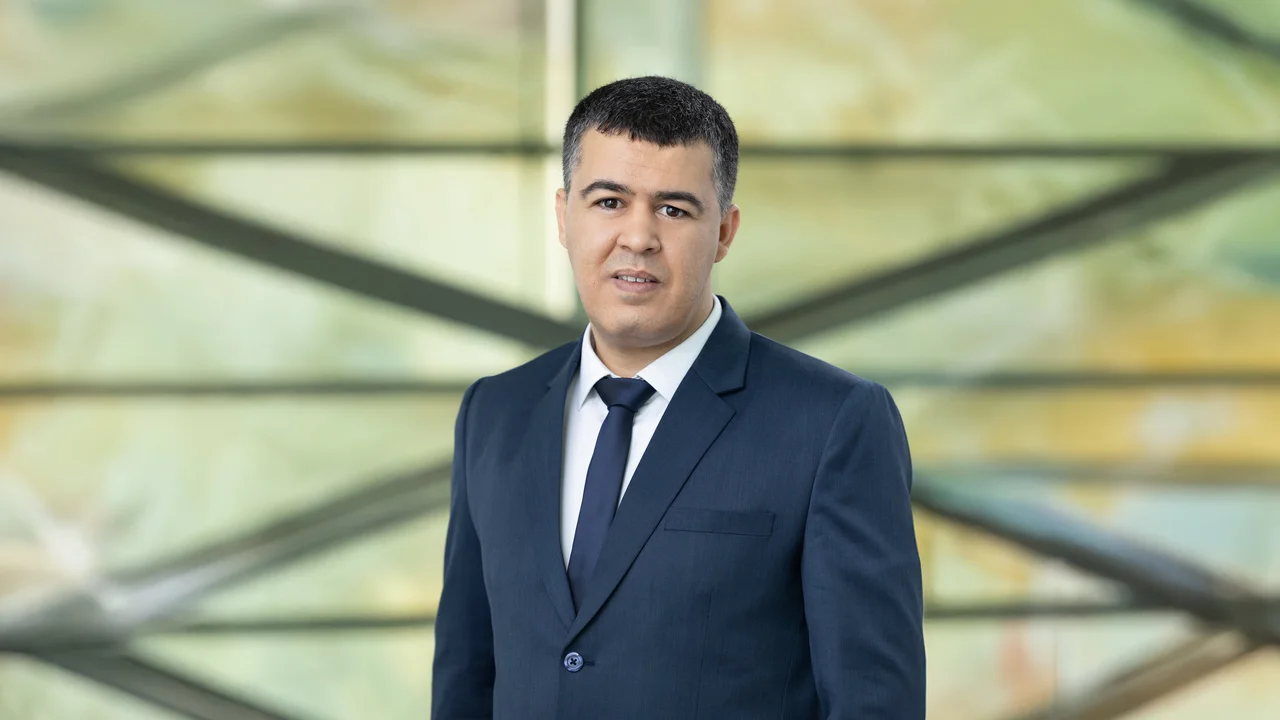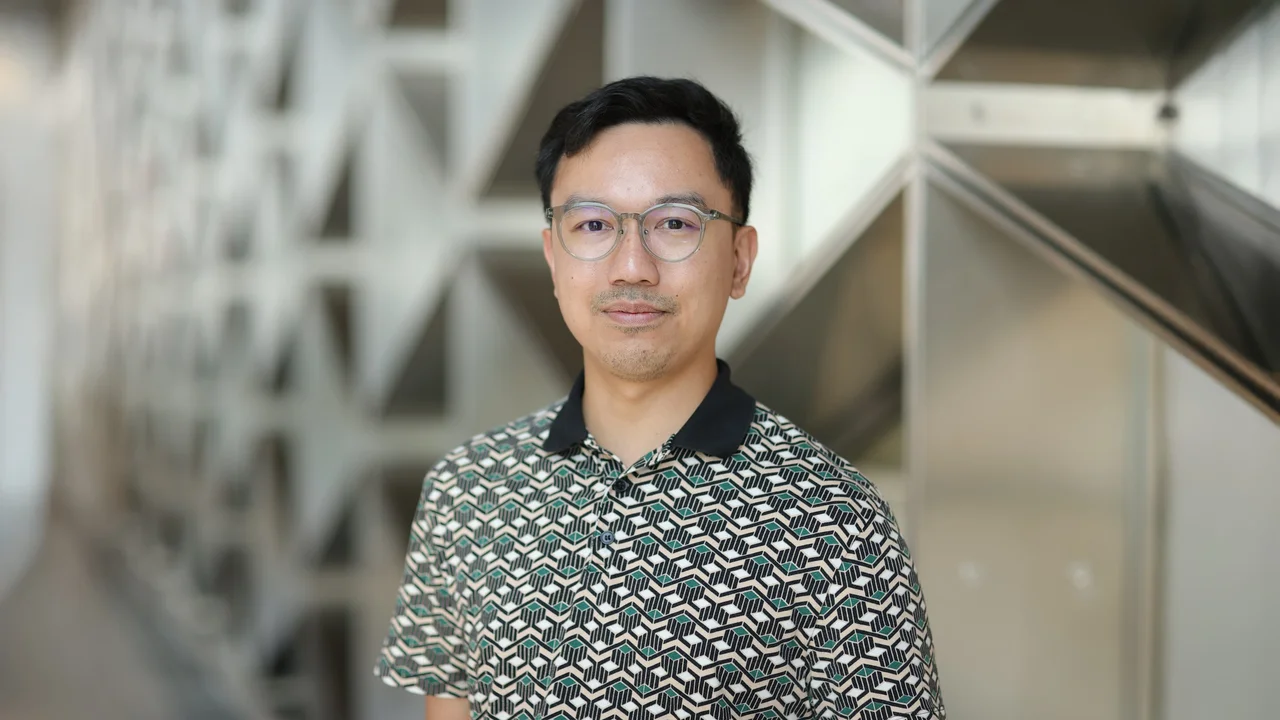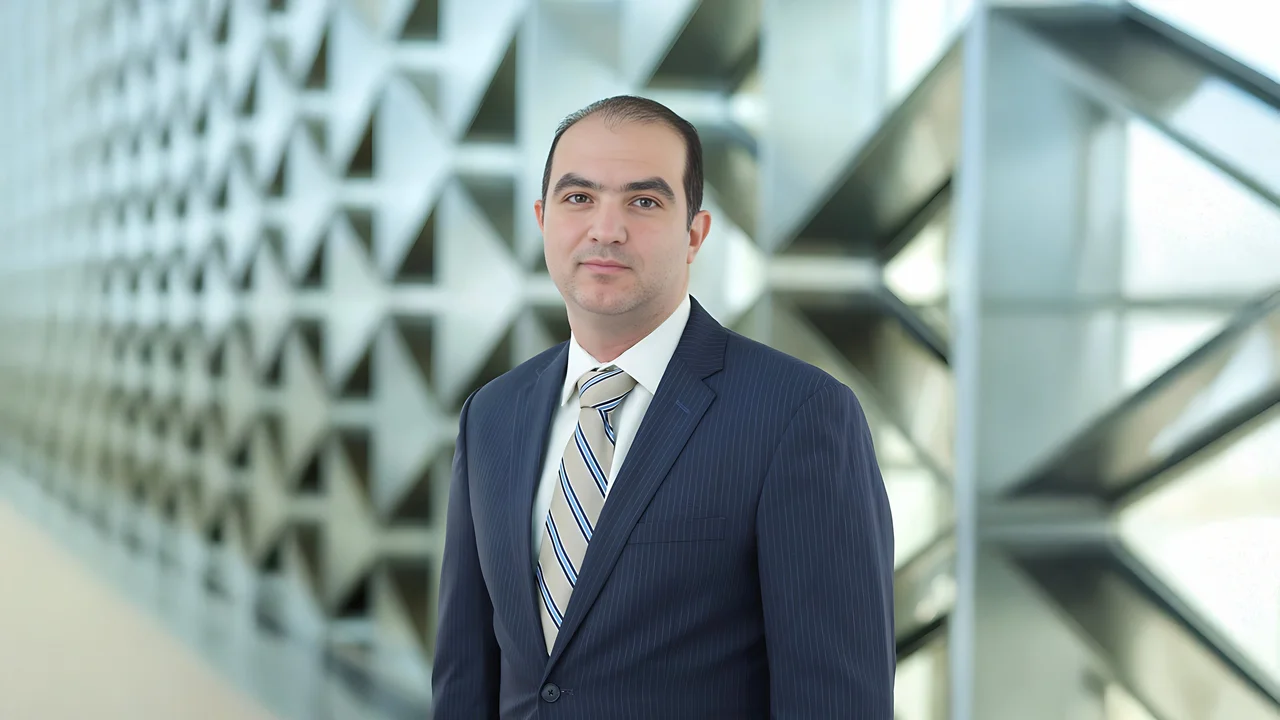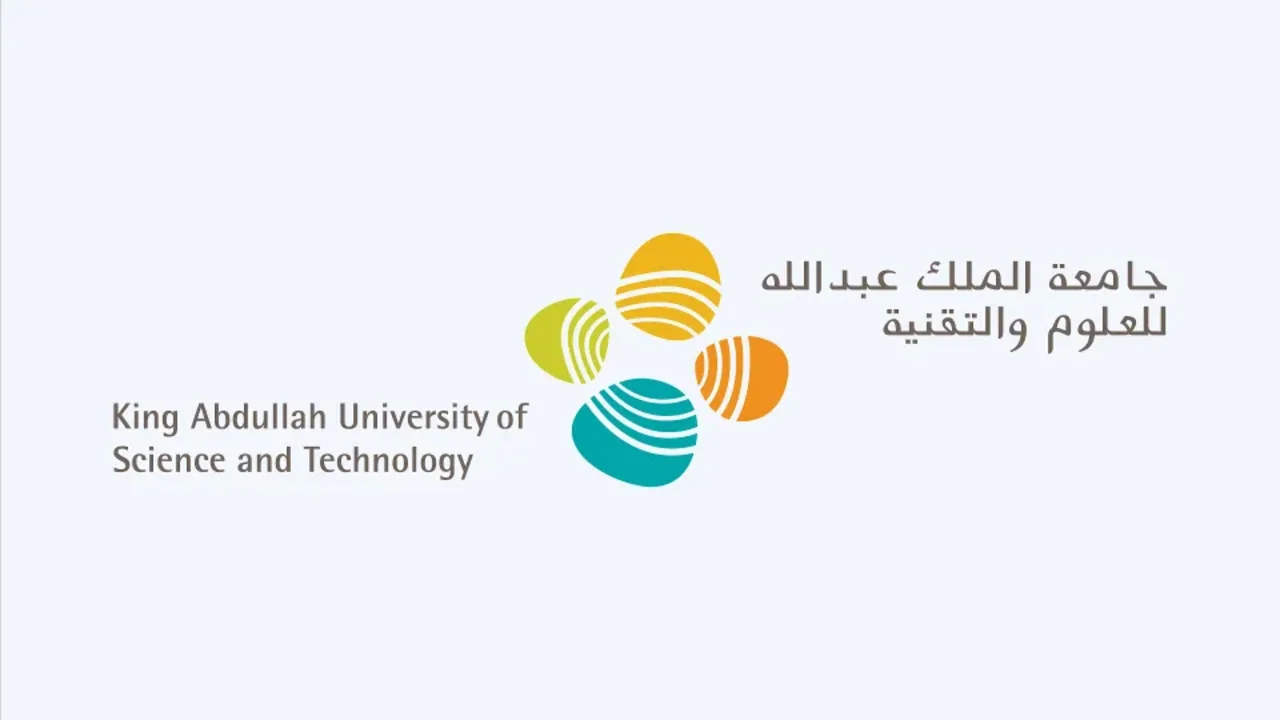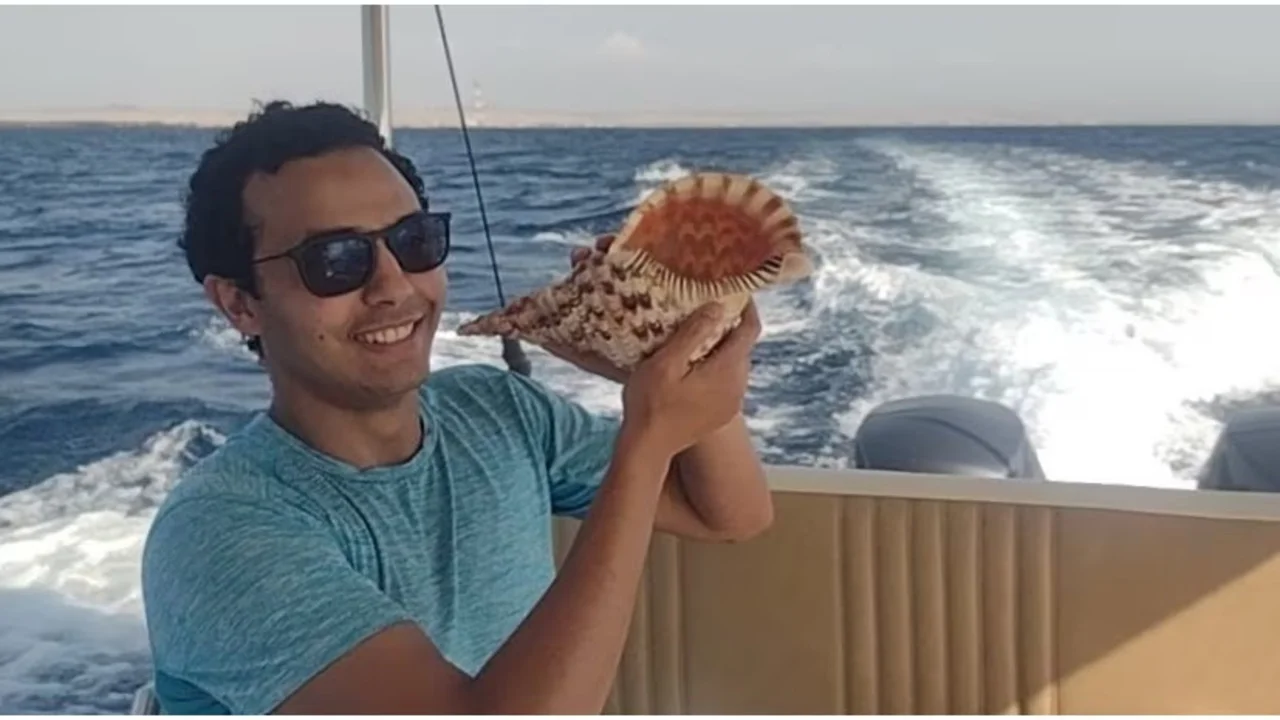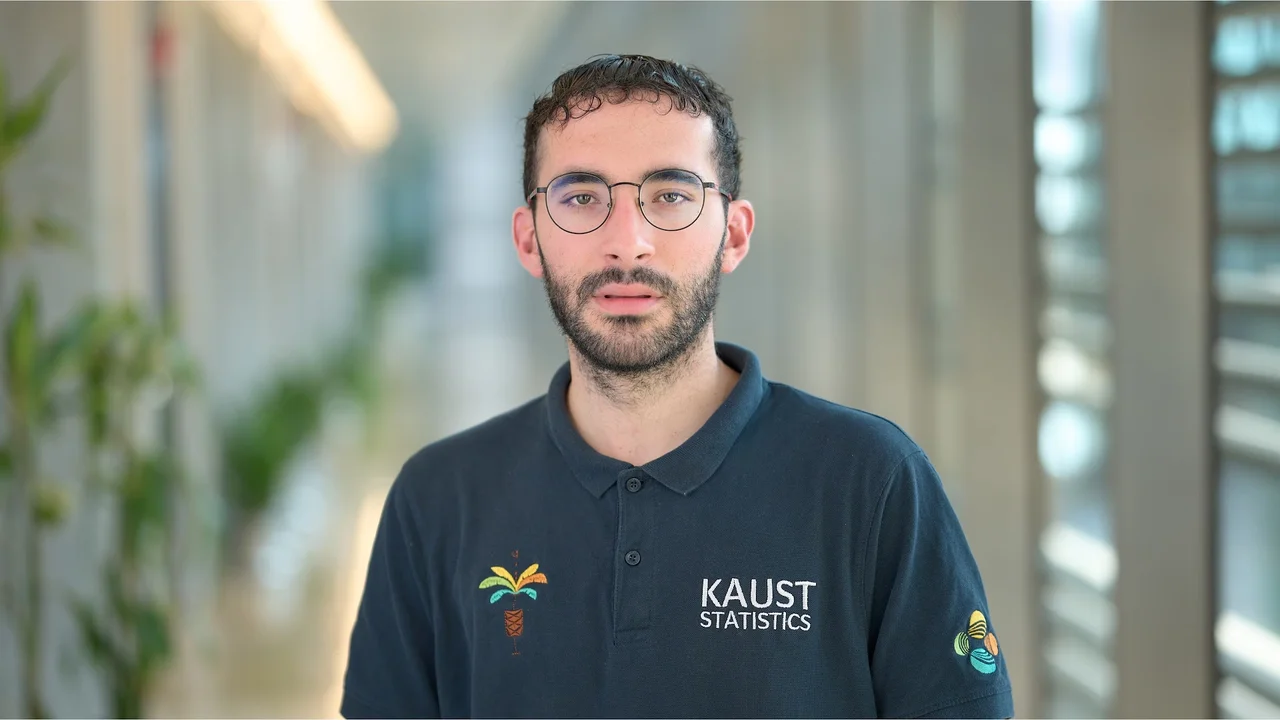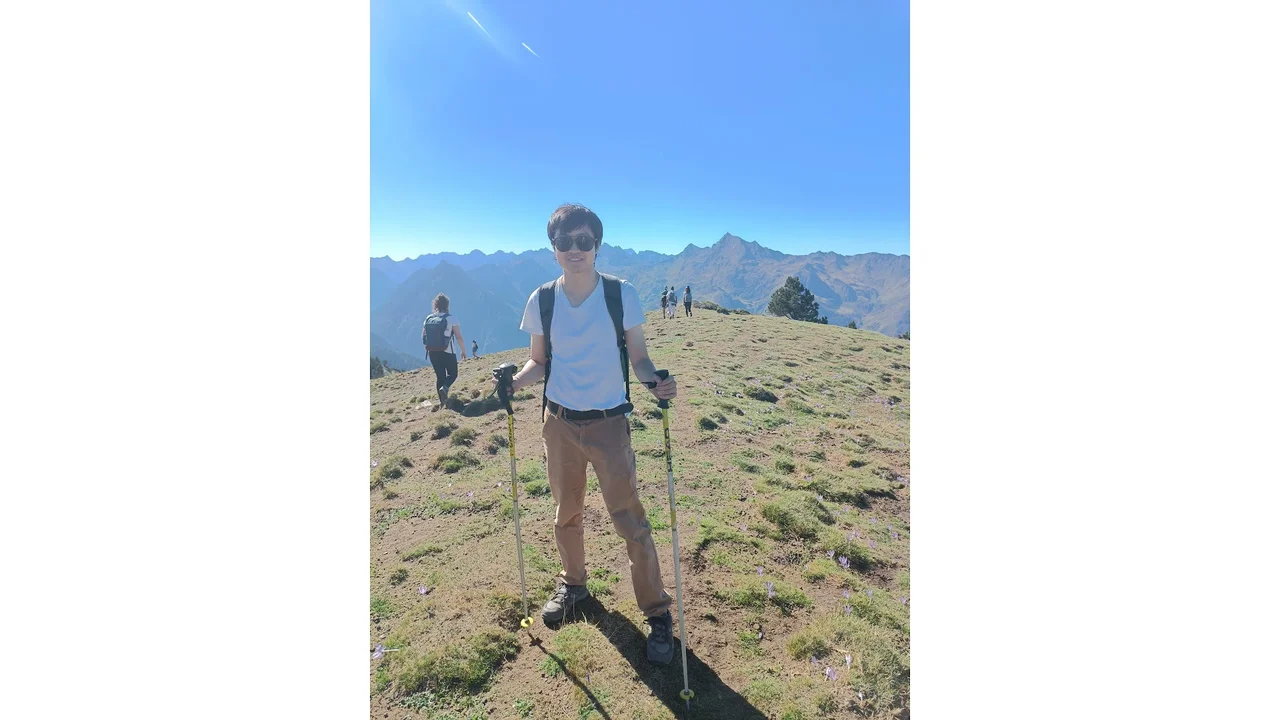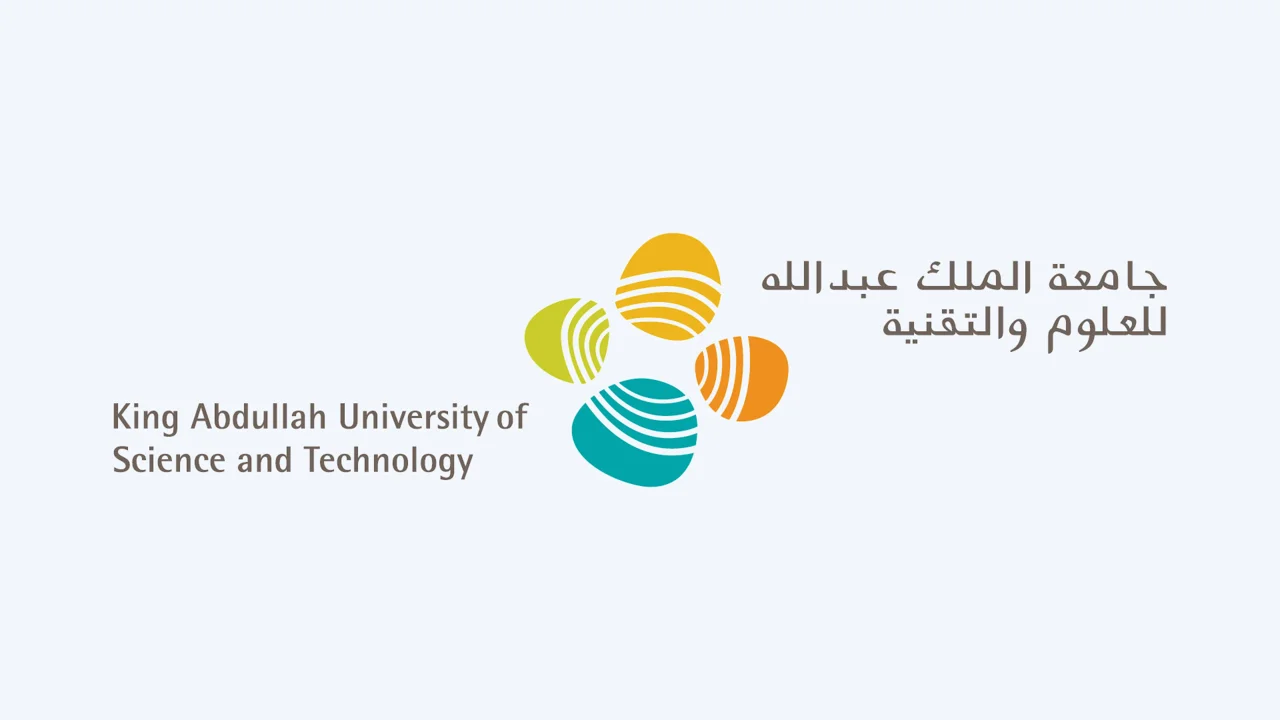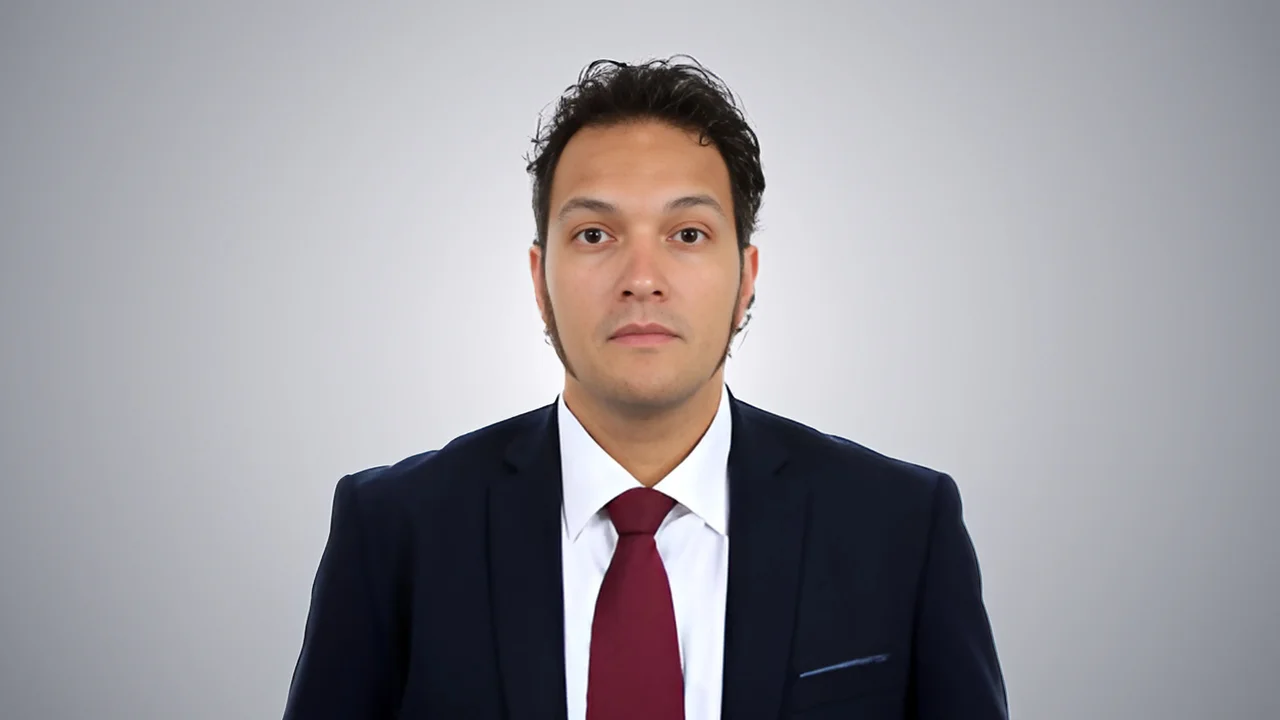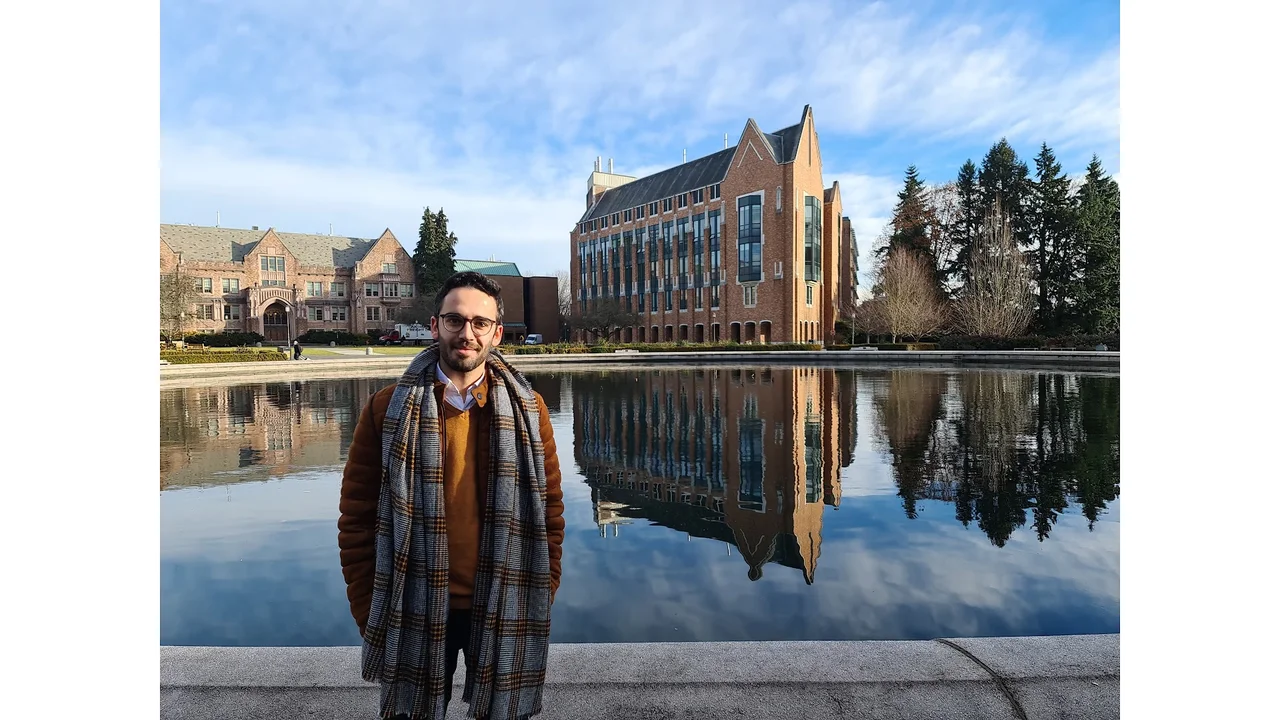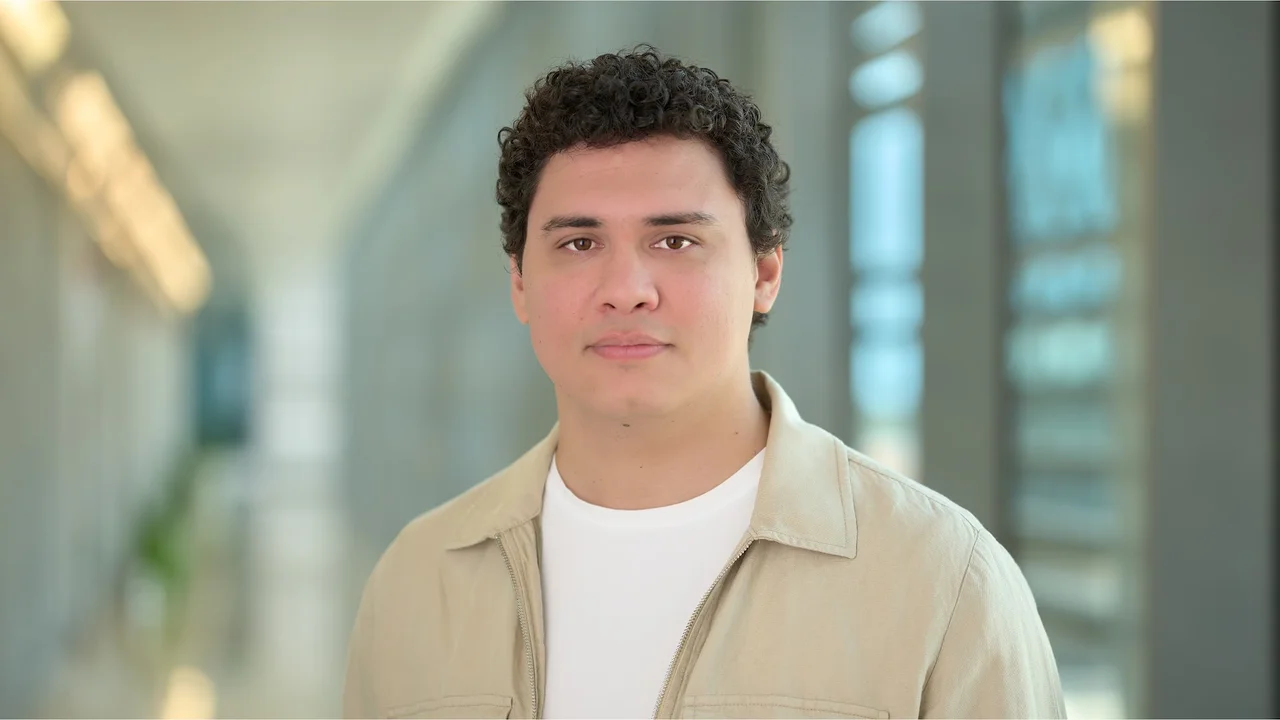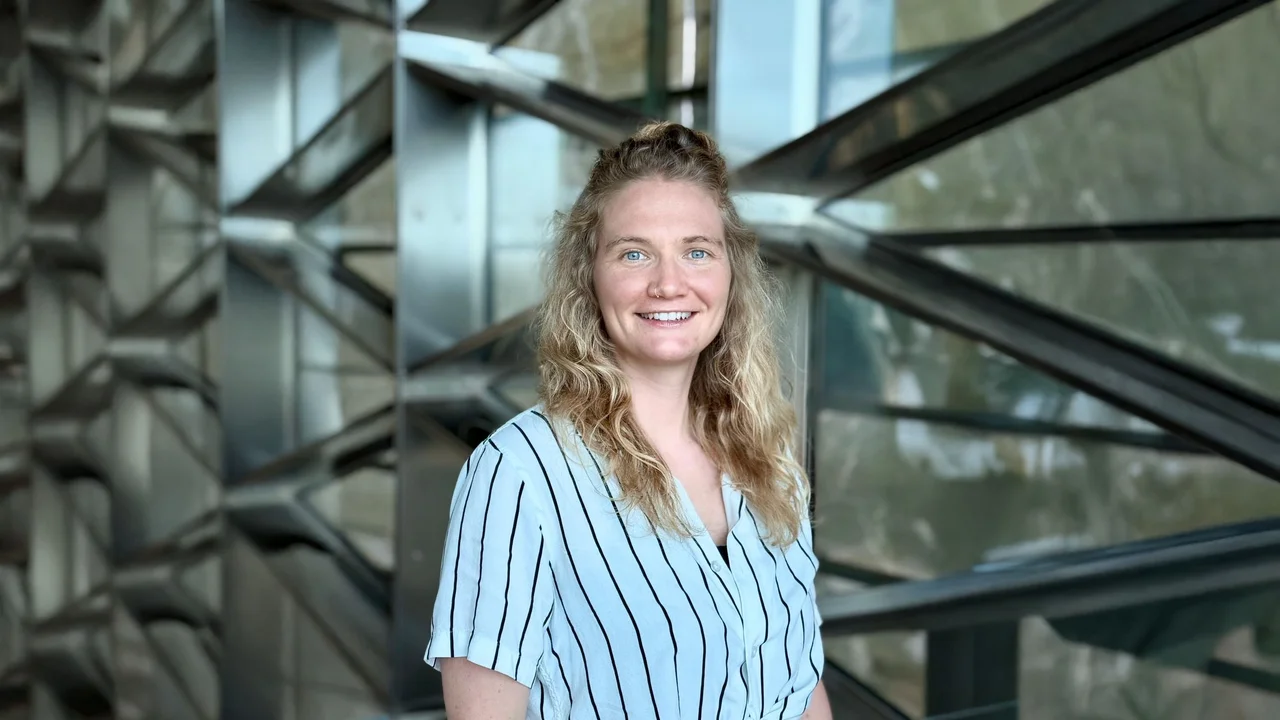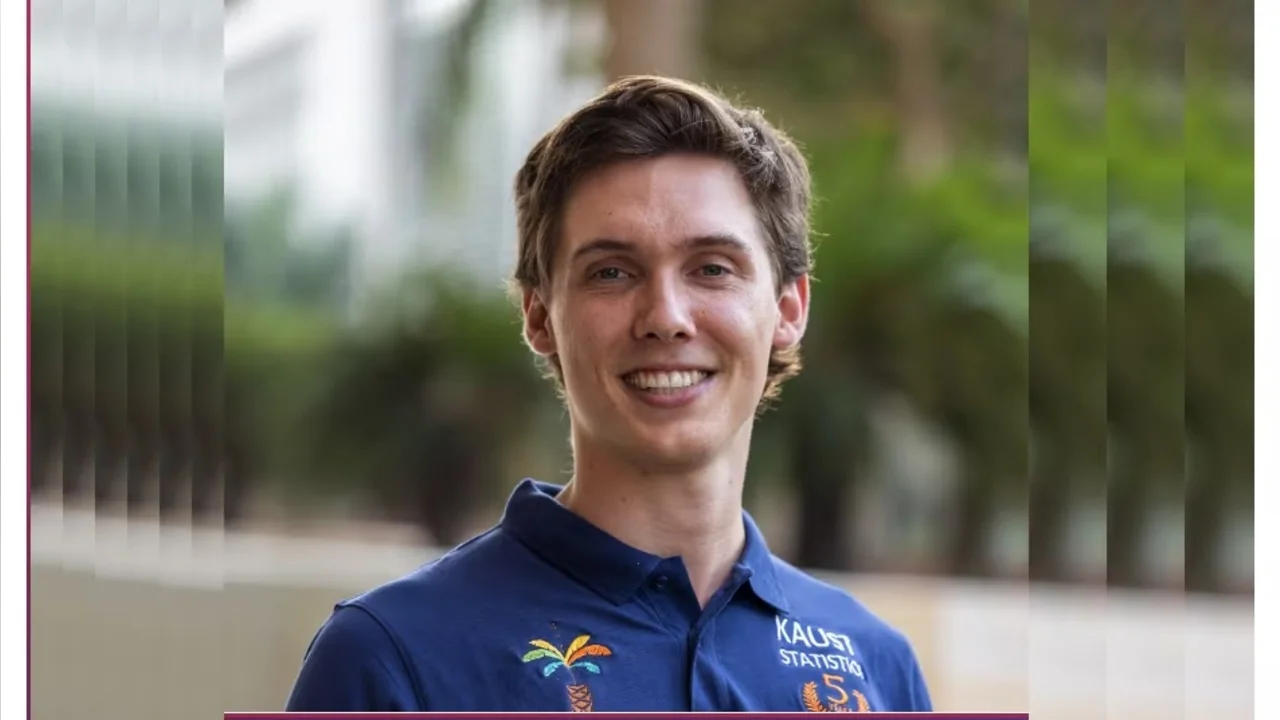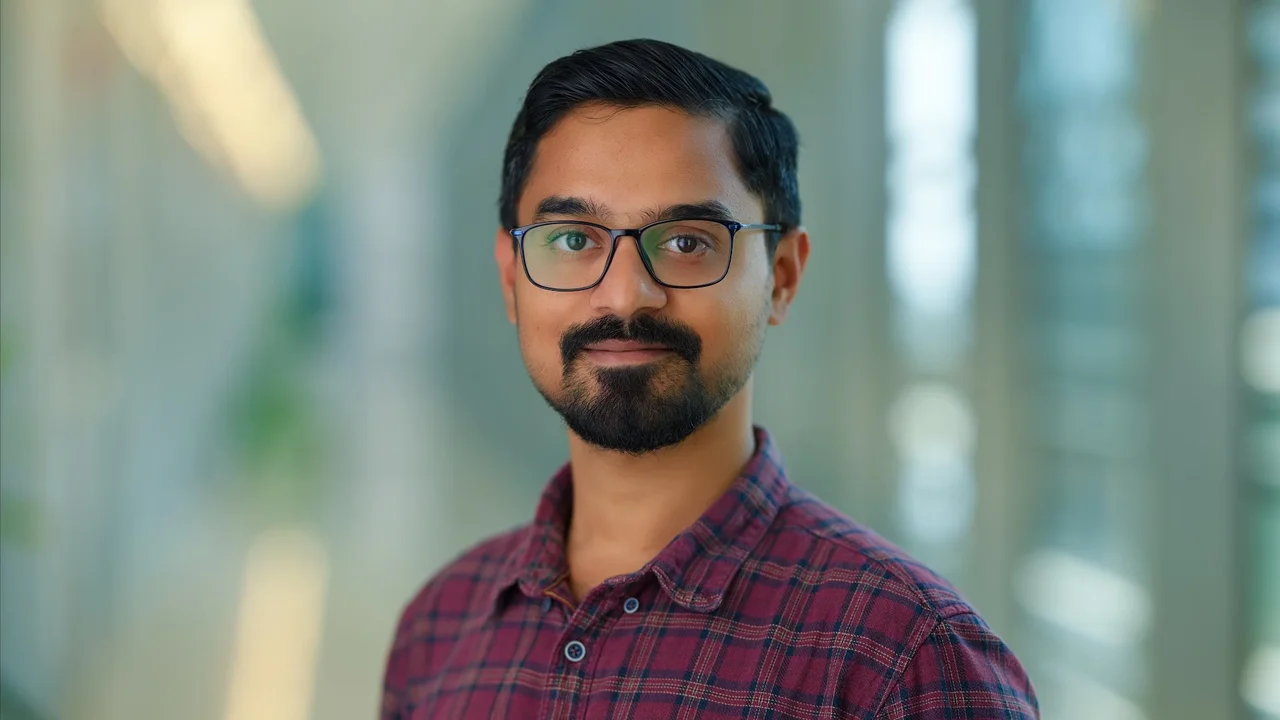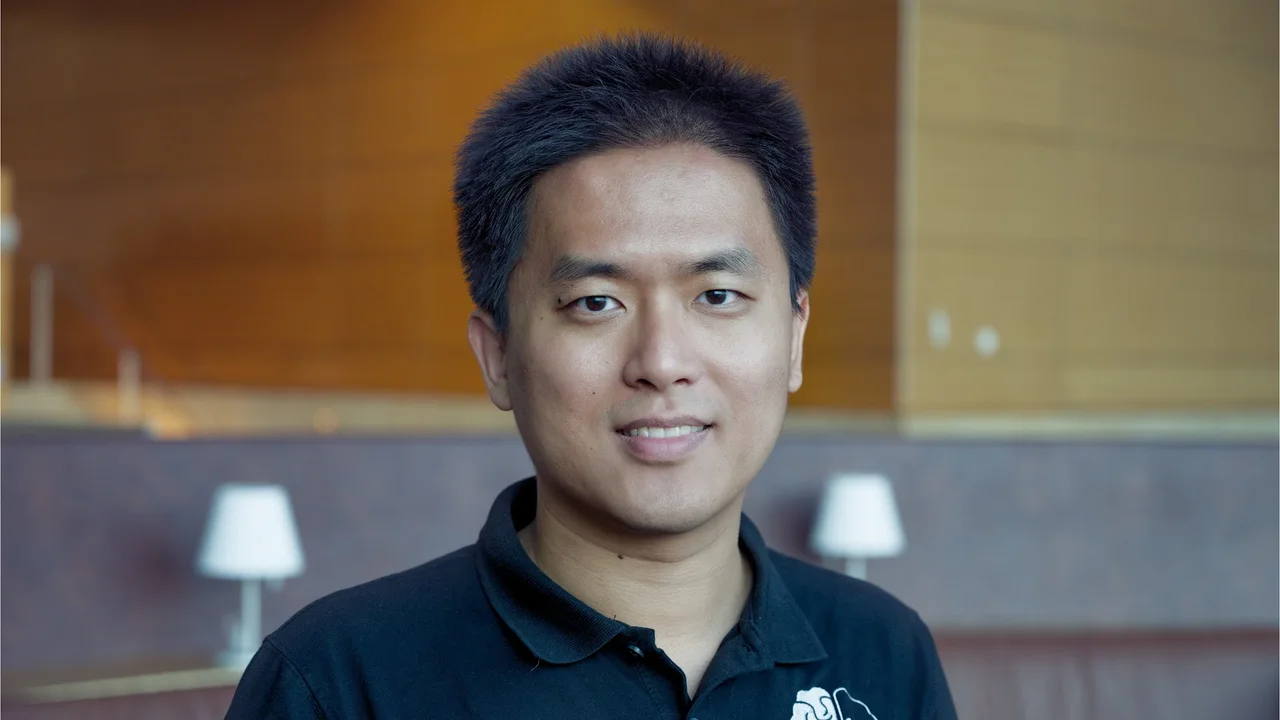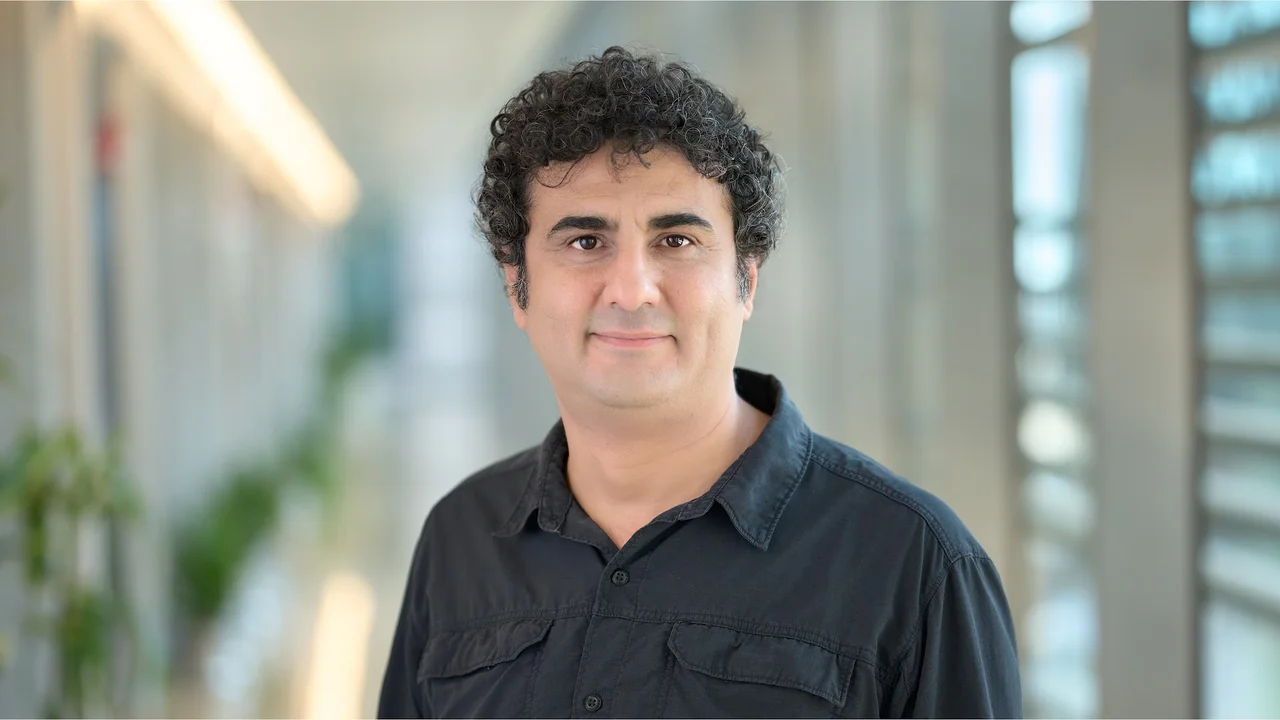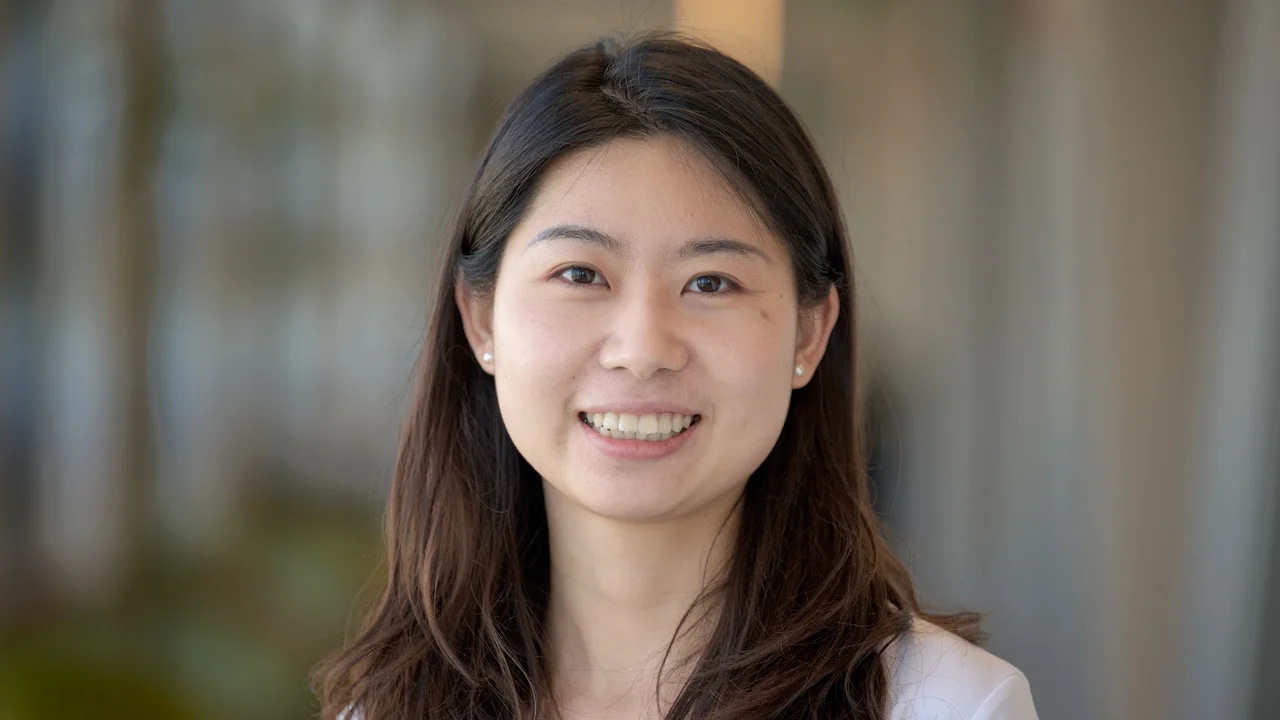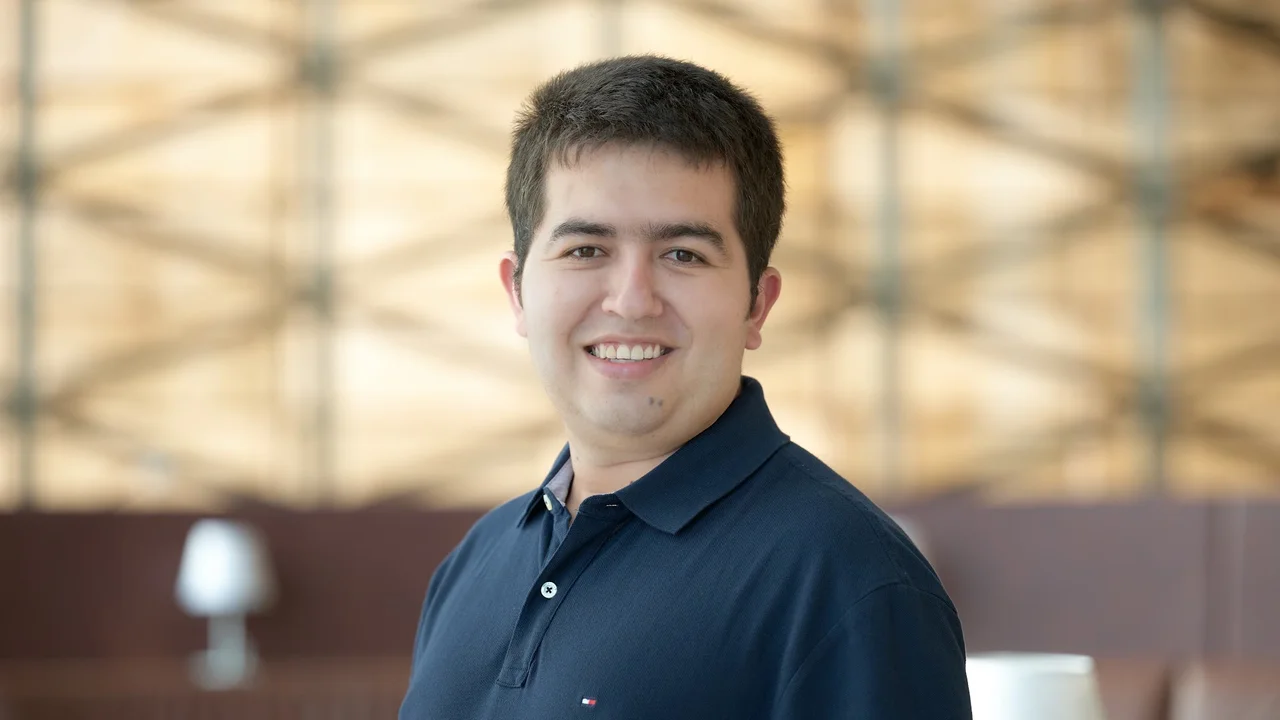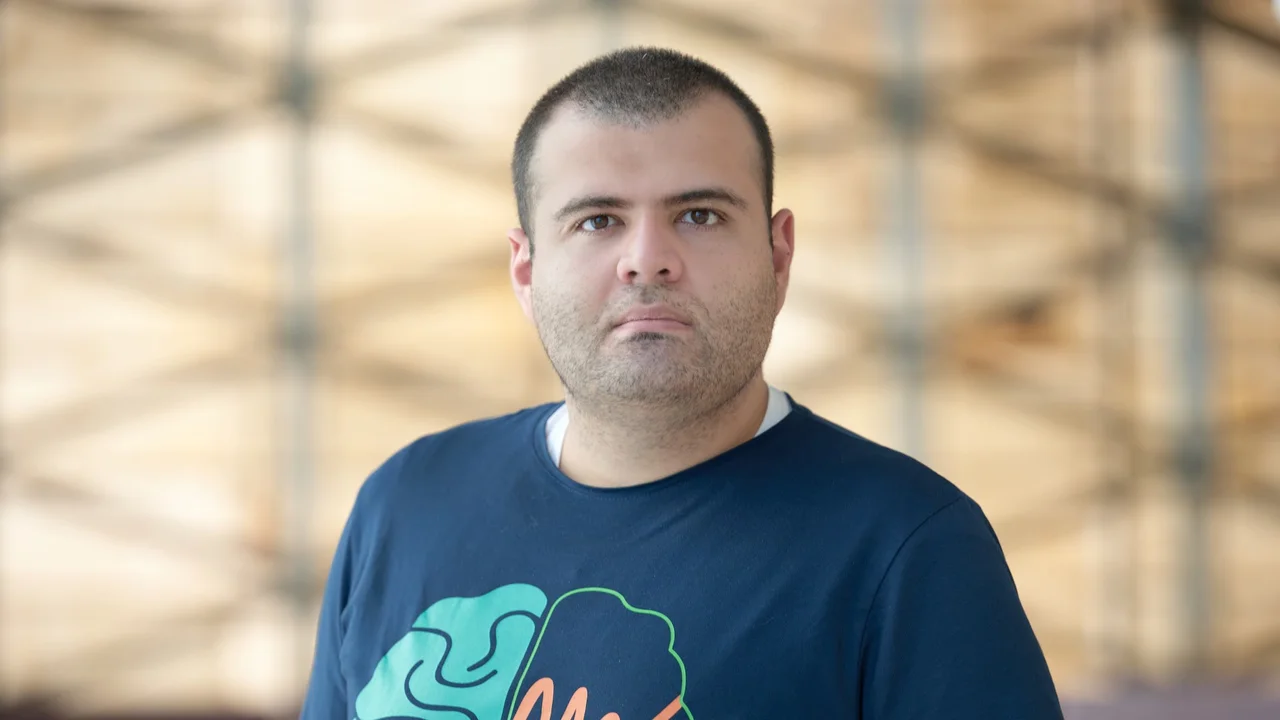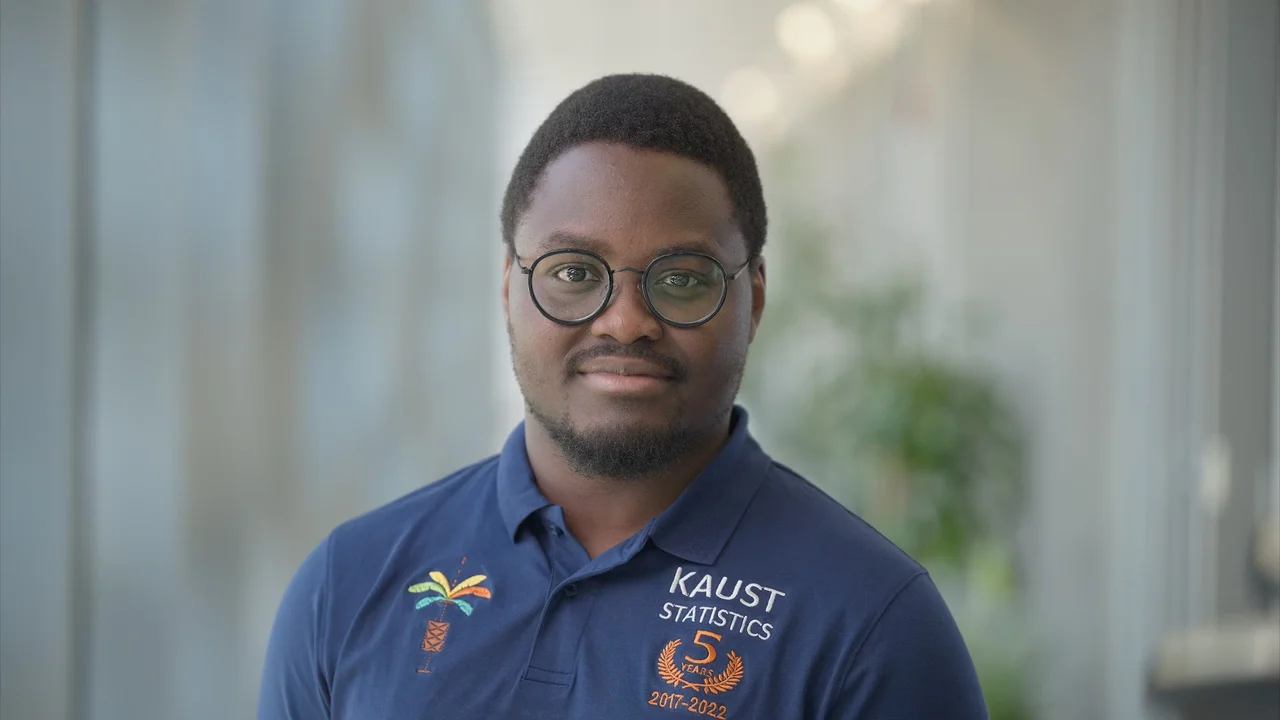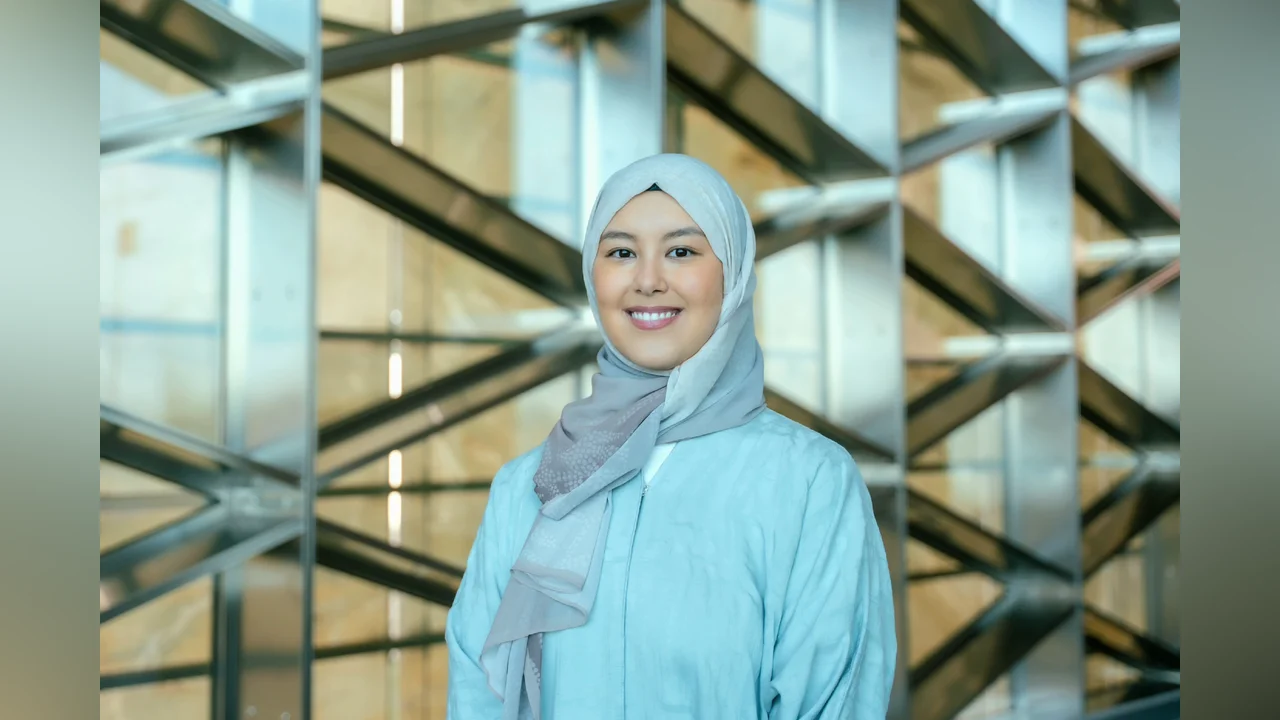Biography
Dr. Moraga graduated in mathematics from the University of Valencia, Spain, with an Erasmus year abroad at the Johannes Gutenberg University of Mainz, Germany. Following graduation, she worked for a technological company, developing algorithms for optimal investment strategies. After that, she enrolled in the Ph.D. program at the University of Valencia and worked at the office for regional statistics and the national cancer registry. During her doctoral studies, she was awarded the prestigious "la Caixa" Fellowship for studying for her Master’s degree in Biostatistics at Harvard University, U.S.; this complemented her mathematical background with a solid knowledge of biostatistics and epidemiology. She also received an Ibercaja Research Fellowship to carry out a research project at the Harvard Medical School, a stipend from the Google Summer of Code Program to write code for the R project, and completed a traineeship at the European Center for Disease Prevention and Control (ECDC).
After obtaining her Ph.D. with Extraordinary Award, she was appointed to academic statistics positions at Lancaster University, U.K., Harvard School of Public Health, U.S., the London School of Hygiene & Tropical Medicine, U.K., Queensland University of Technology, Australia, and the University of Bath, U.K. During this time, she worked in statistical research, focusing on spatial epidemiology and modeling, especially concerning spatial and spatio-temporal variation in infectious diseases and cancer. She developed modeling architectures to understand the spatial and spatio-temporal patterns and identify targets for intervention of diseases, such as malaria in Africa, leptospirosis in Brazil and cancer in Australia, and several R packages for Bayesian risk modeling, detection of clusters and risk assessment of the travel-related spread of disease.
In 2020, she joined KAUST as an Assistant Professor of Statistics and the principal investigator of the Geospatial Statistics and Health Surveillance (GeoHealth) research group. In the GeoHealth group, she develops frontier geospatial methods and computational tools for geospatial data analysis and health surveillance. She also contributes to a wide range of collaborative projects to solve challenging problems in public health and make a positive impact on the world.
Dr. Moraga is the 2023 winner of the prestigious Letten Prize. Awarded by the Letten Foundation and the Young Academy of Norway, the prize recognizes young researchers’ contributions to health, development, environment, and equality across all aspects of human life. She received the Letten Prize for her pioneering research in disease surveillance and her significant contributions to the development of sustainable solutions for health and the environment globally.
Research Interests
Dr. Moraga has worked in statistical research for over a decade, focusing strongly on spatial epidemiology and modeling. She develops innovative statistical methods and computational tools for geospatial data analysis and health surveillance, including methods to understand geographic and temporal patterns of diseases, assess their relationship with potential risk factors, identify clusters, measure inequalities and quickly detect outbreaks.
Dr. Moraga is a fervent advocate for open science and reproducible research. She has created educational materials that impact learning on a large scale, including her books "Geospatial Health Data: Modeling and Visualization with R-INLA and Shiny" (https://www.paulamoraga.com/book-geospatial/) and "Spatial Statistics for Data Science: Theory and Practice with R" (https://www.paulamoraga.com/book-spatial/). Her training courses support researchers as they develop sustainable solutions to local issues, and her books have been cited in works that address multiple diseases and health conditions such as COVID-19, neglected tropical diseases, cancer, anemia, malnutrition, child maltreatment, and mental issues.
Education
Doctor of Philosophy (Ph.D.)
Mathematics, University of Valencia, Spain, 2012
Master of Science (M.S.)
Biostatistics, Harvard University, United States, 2011
Bachelor of Science (B.S.)
Mathematics, University of Valencia, Spain, 2006
